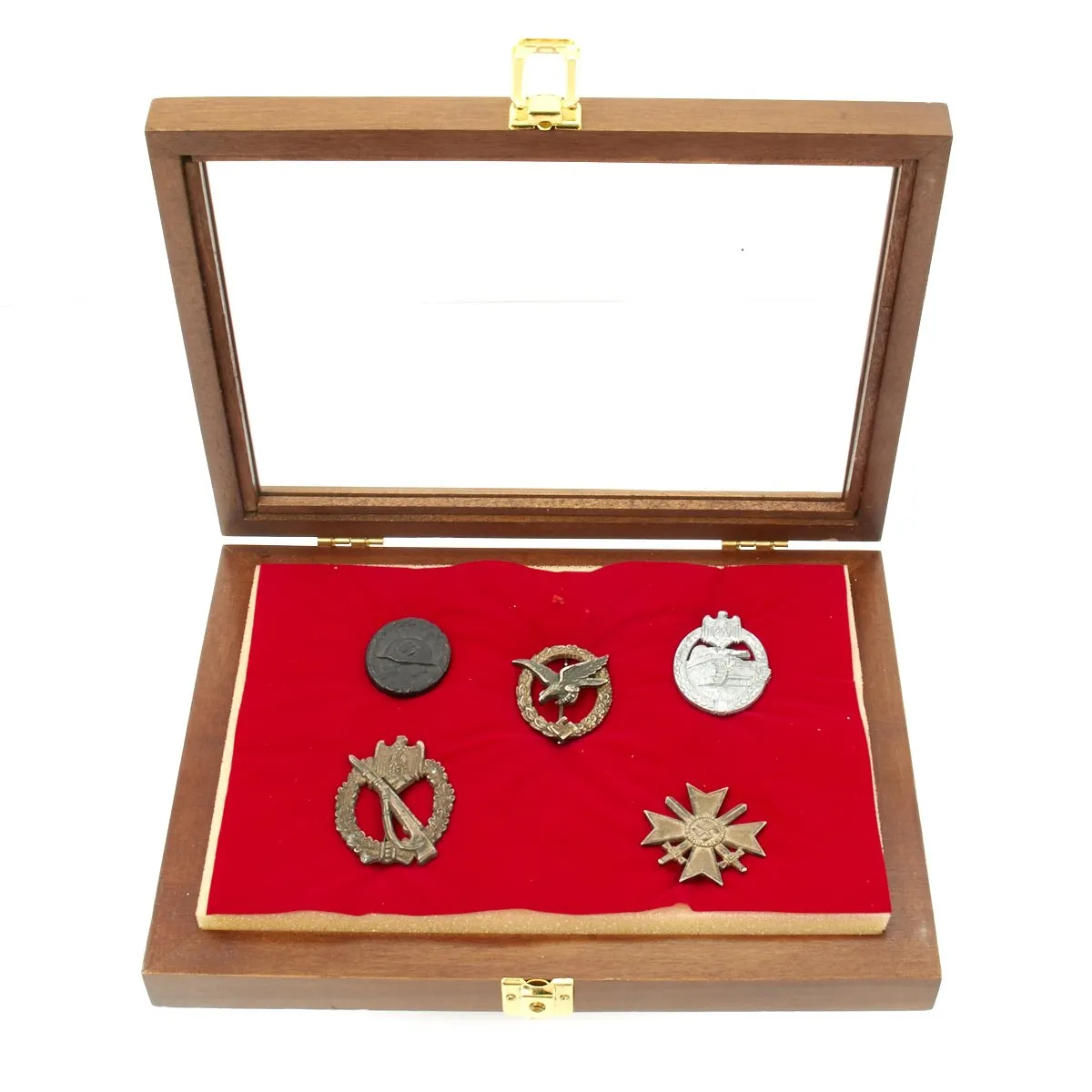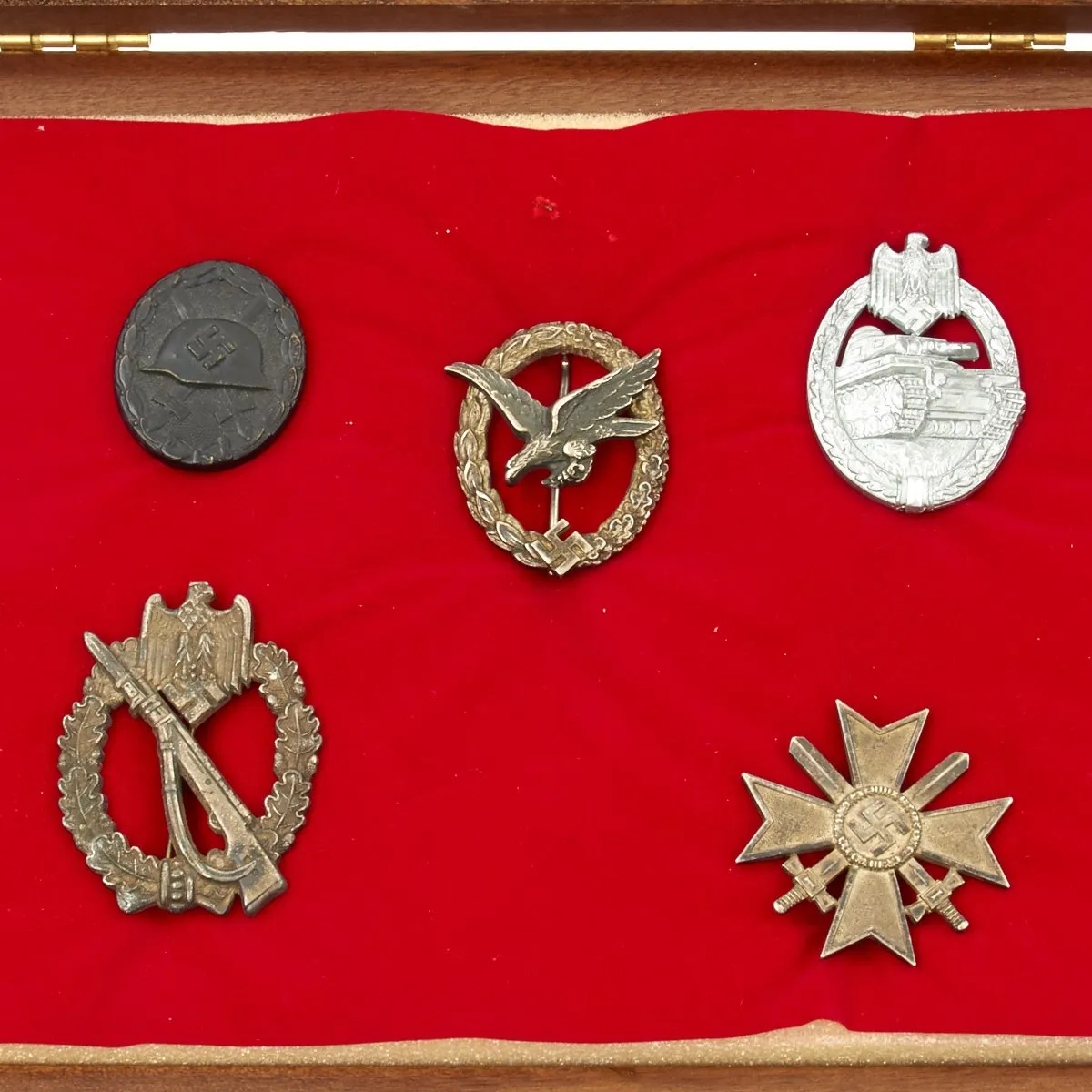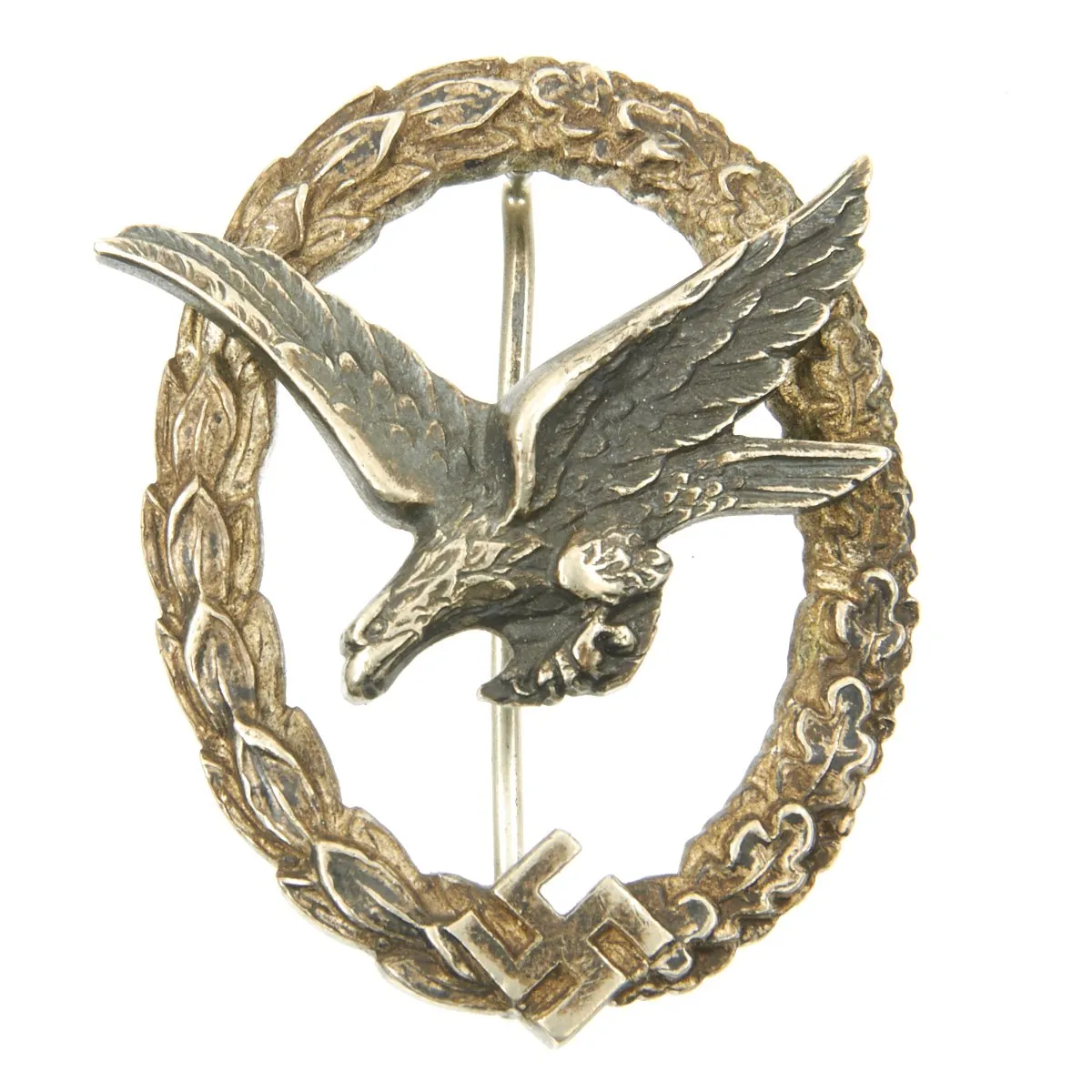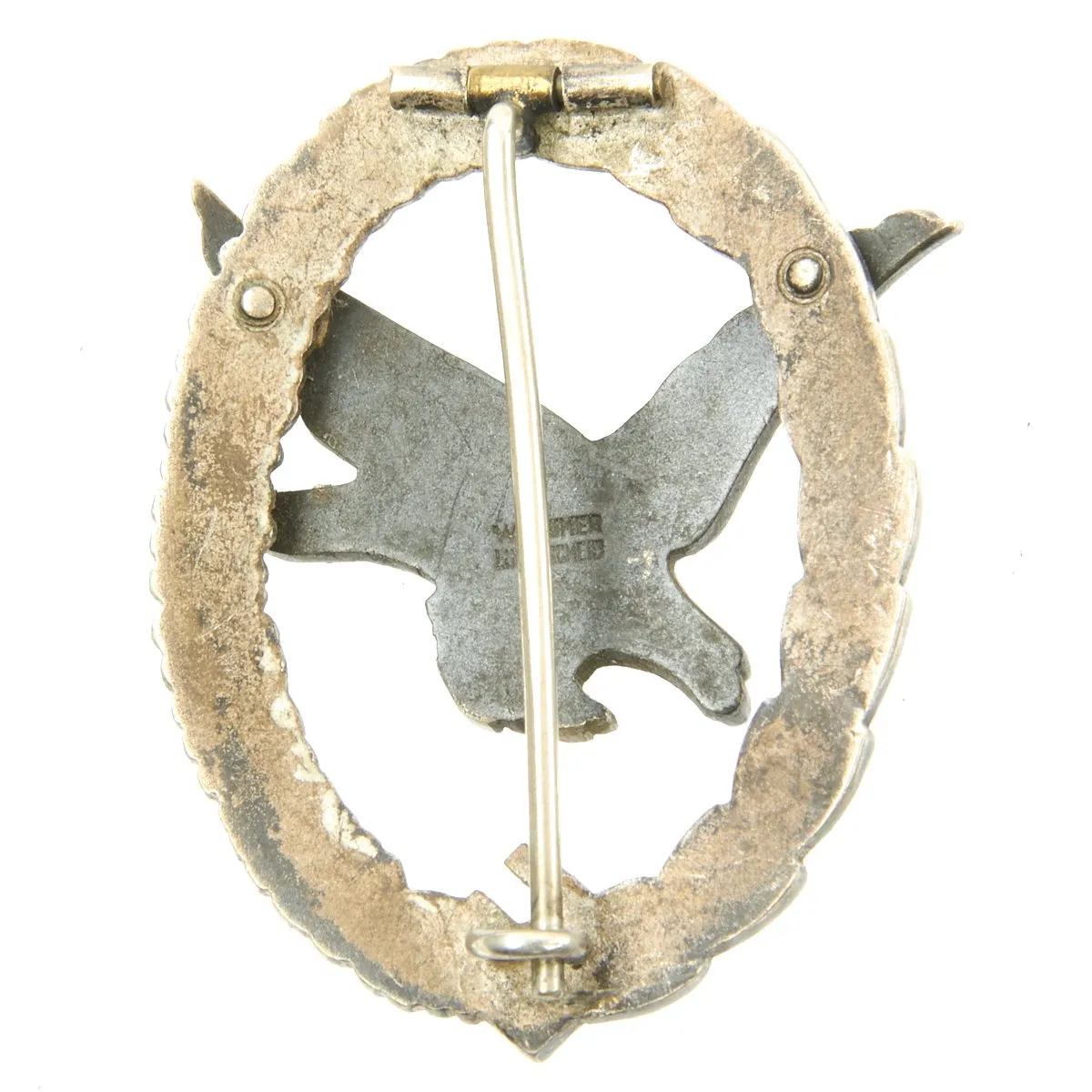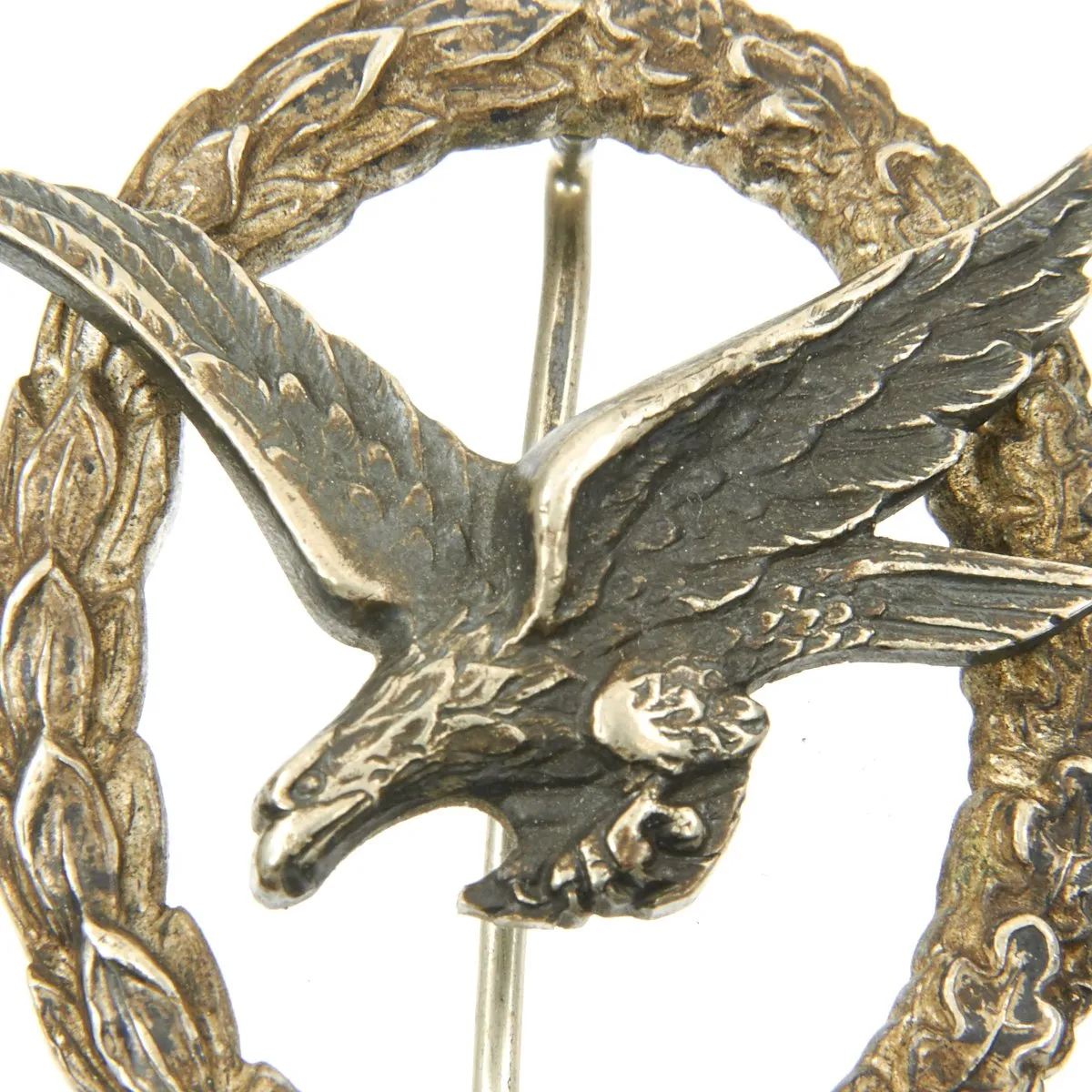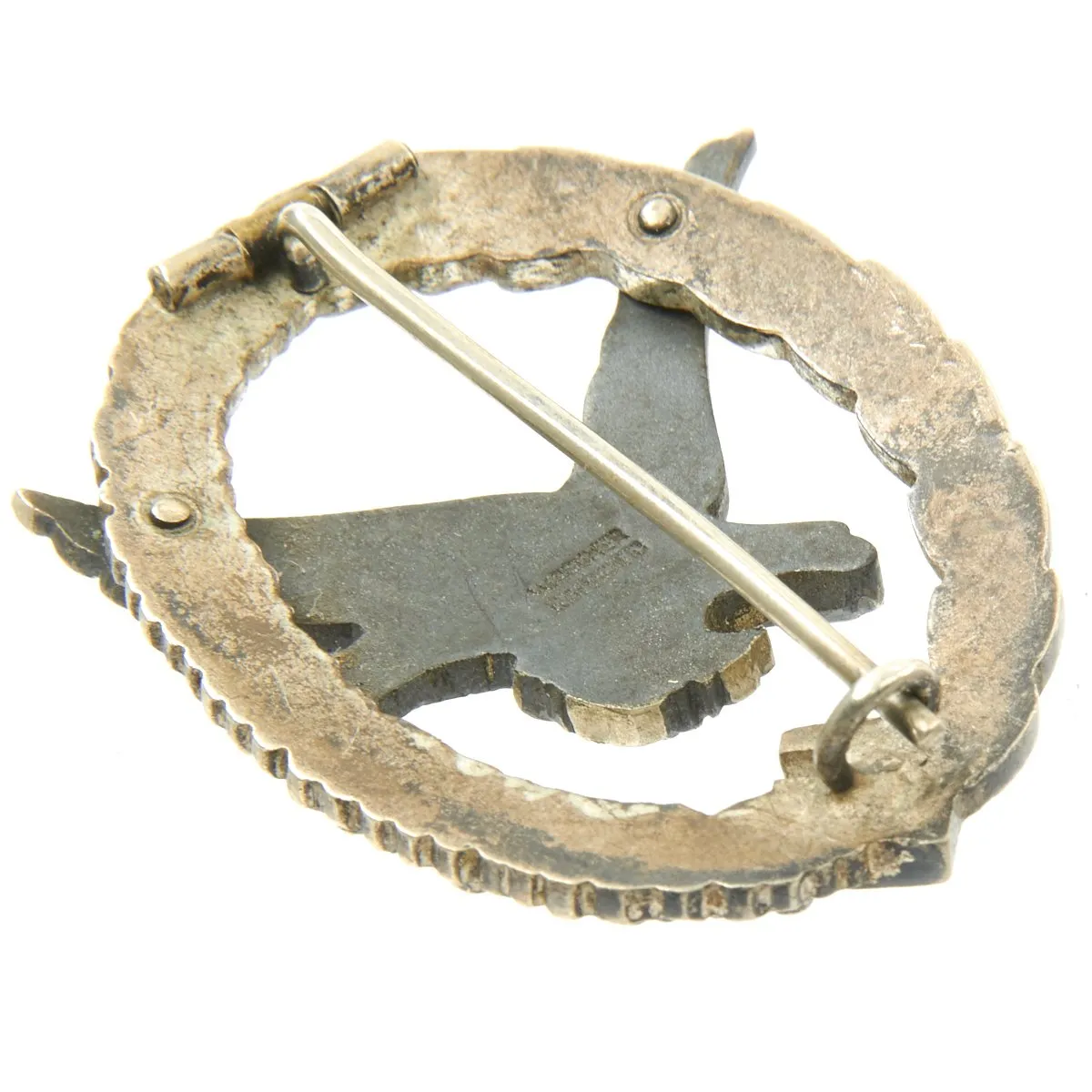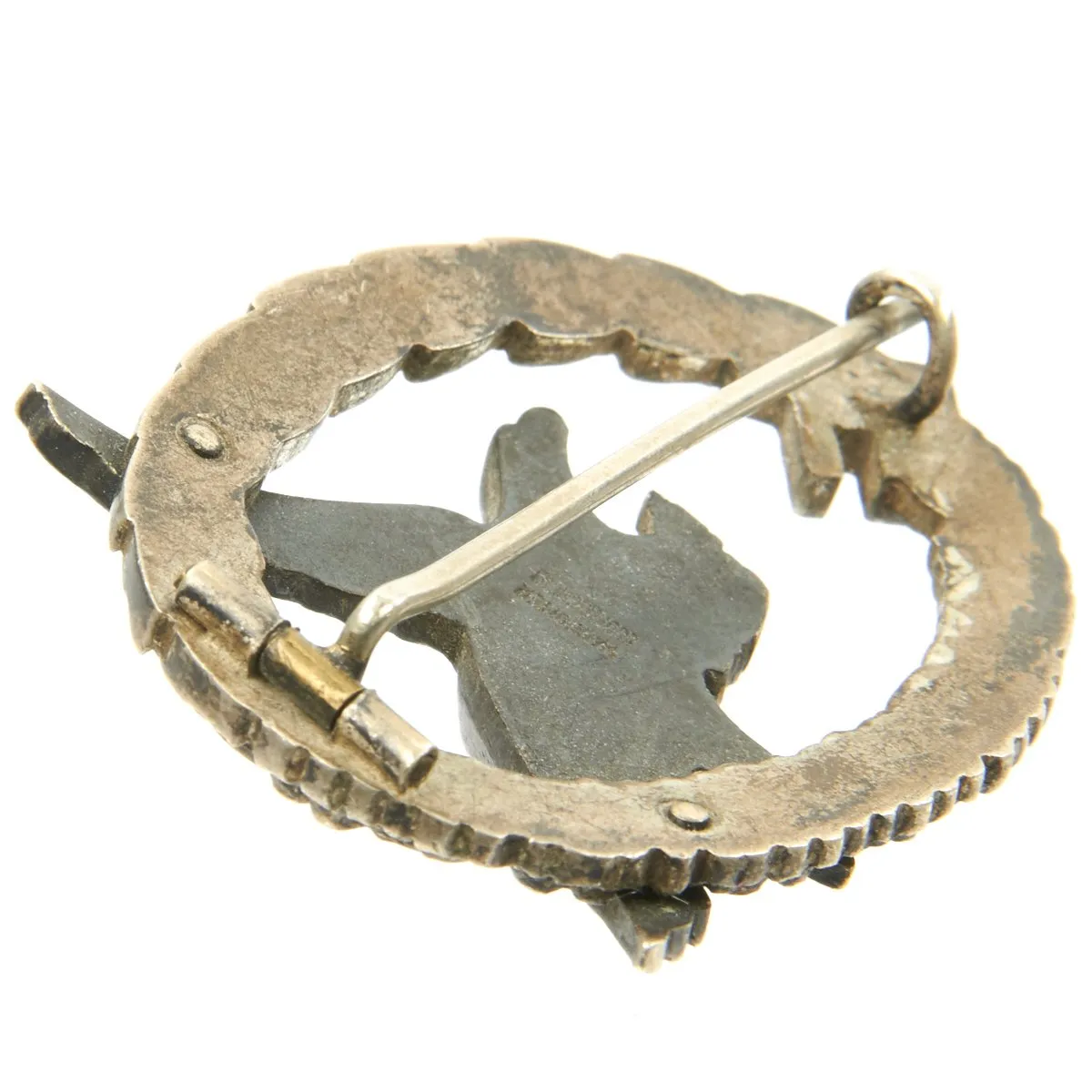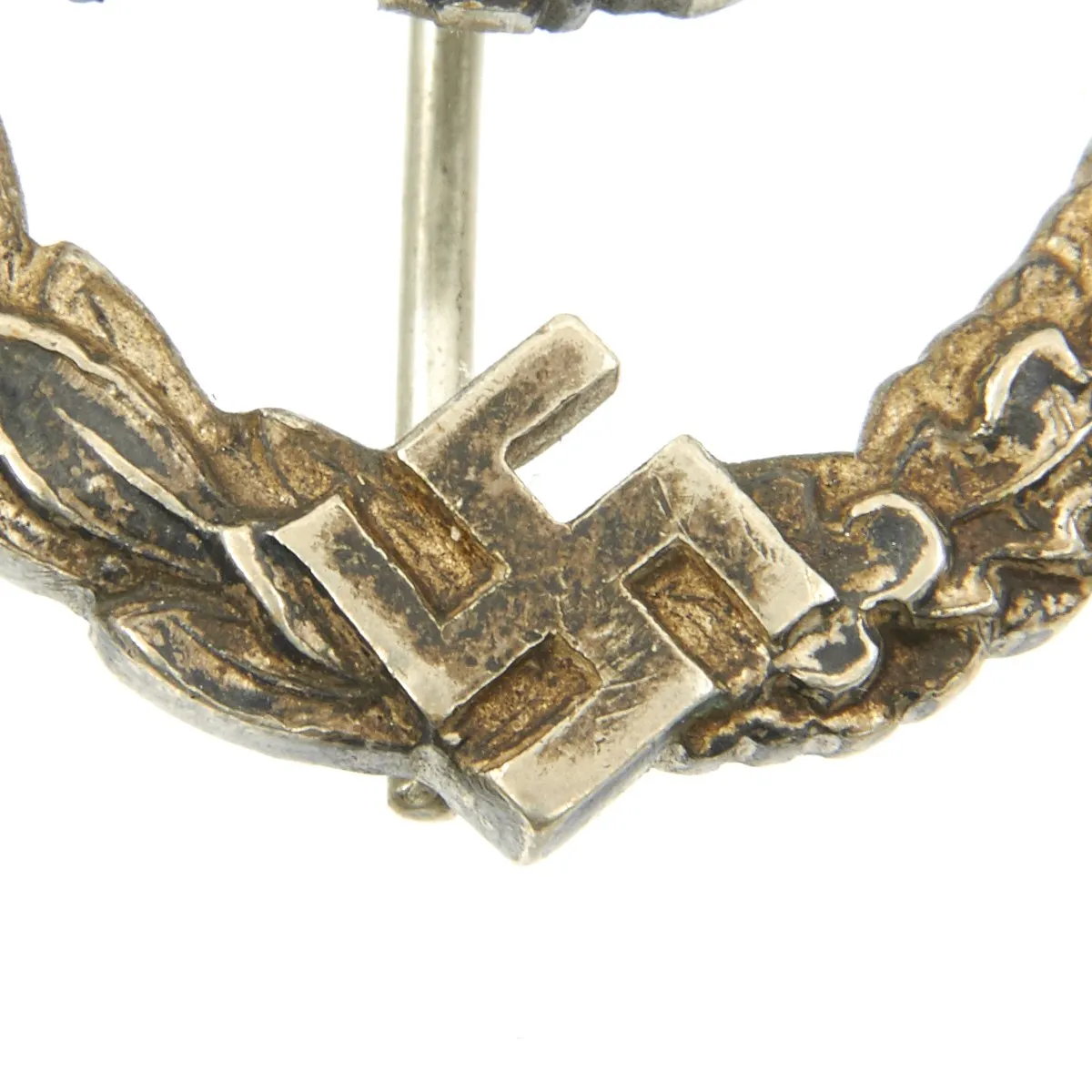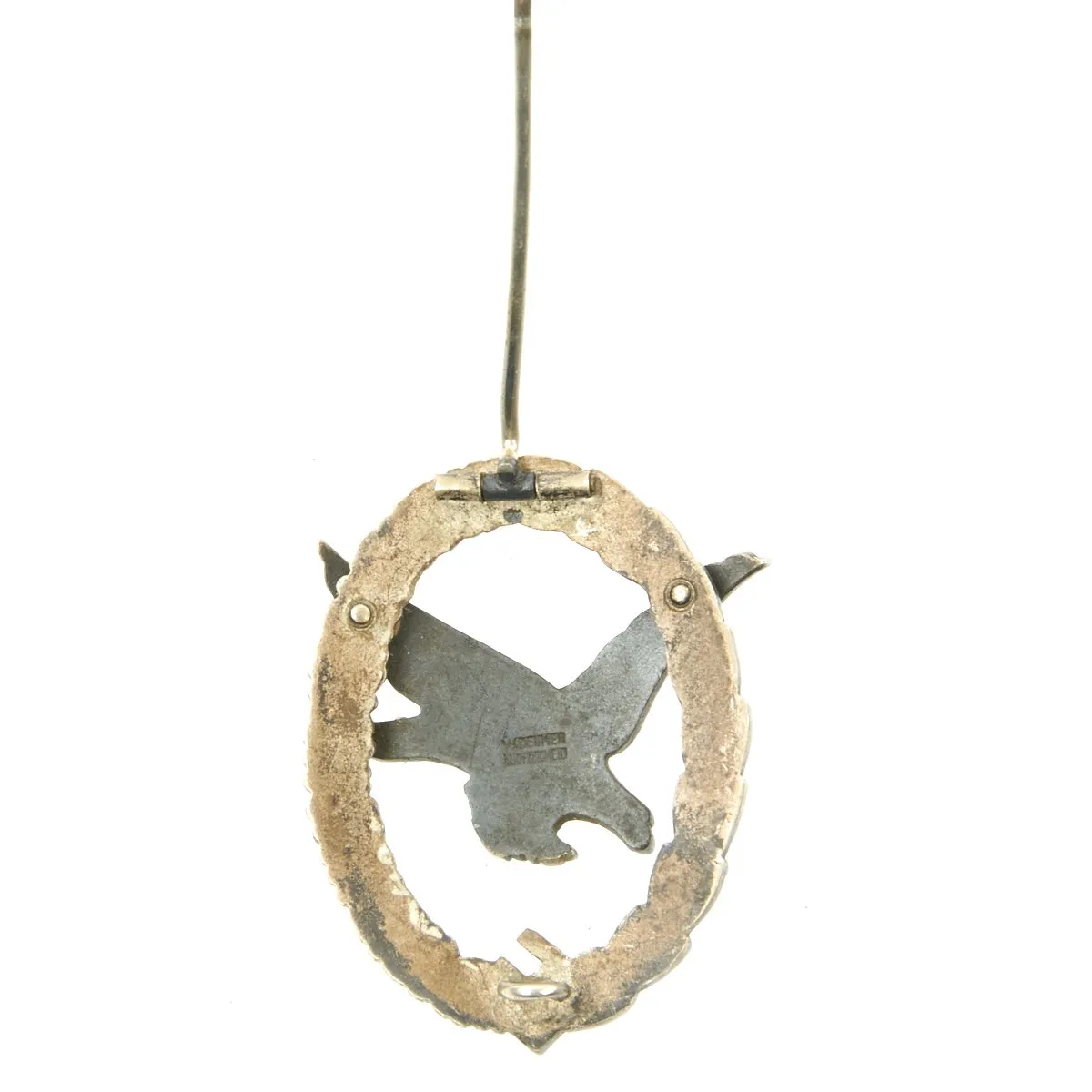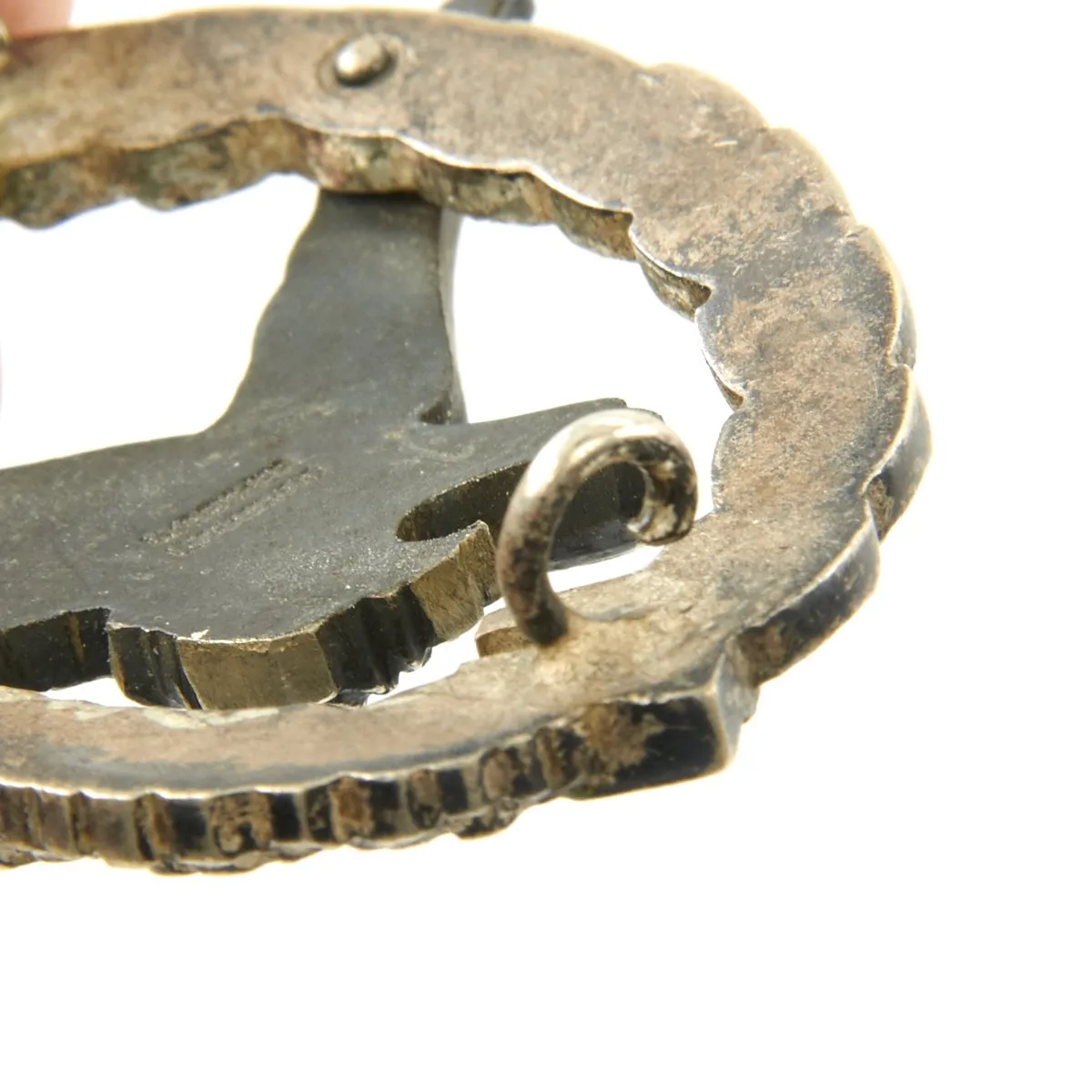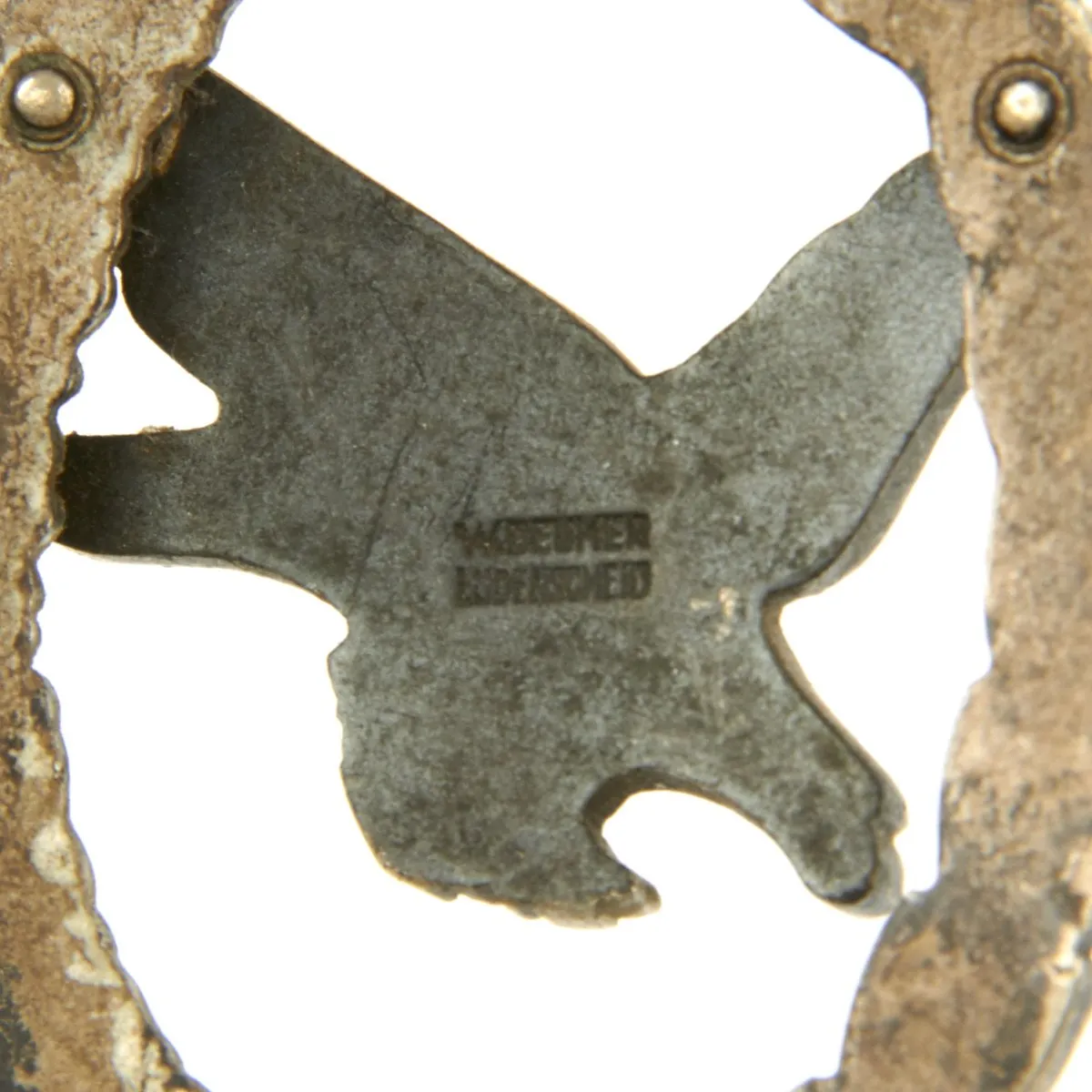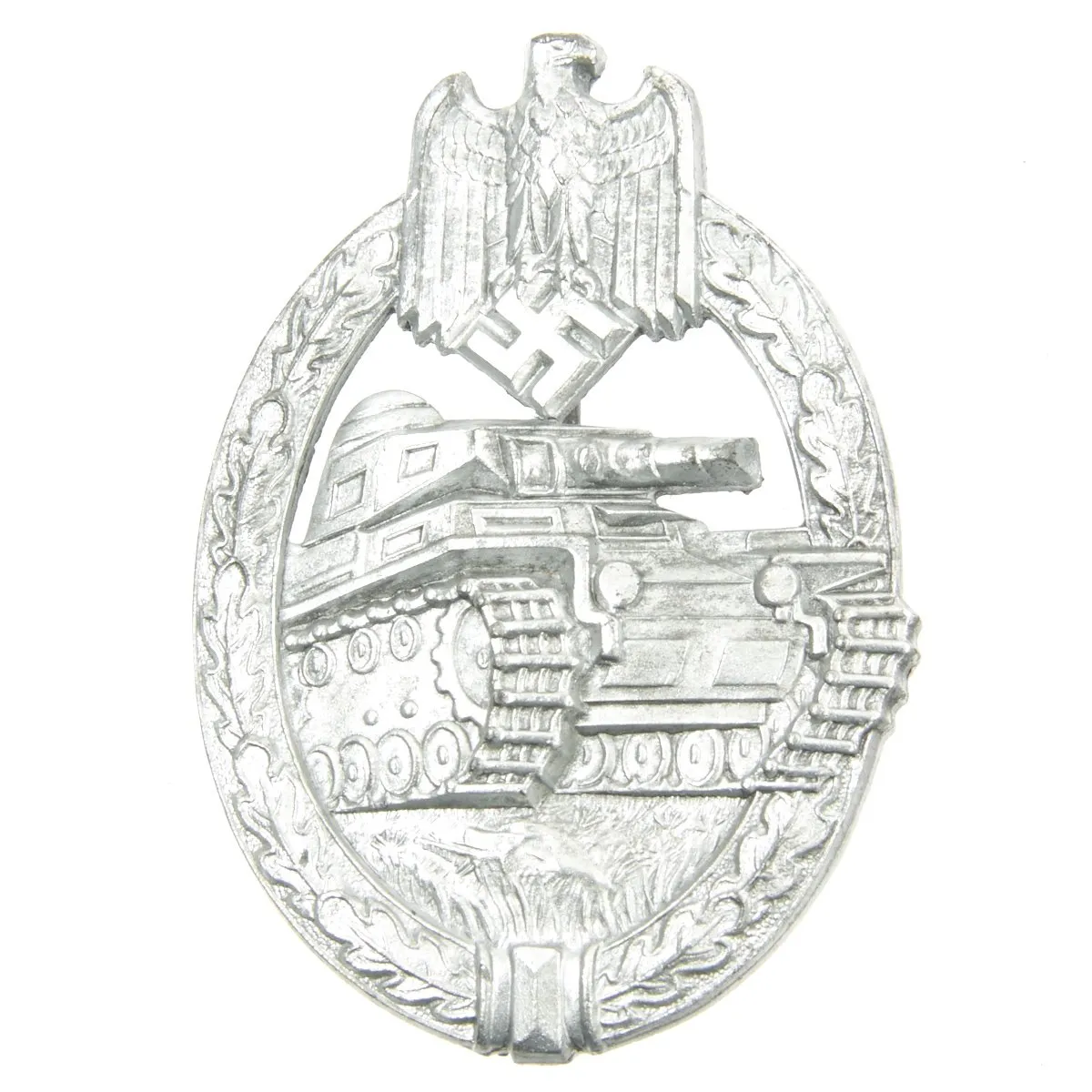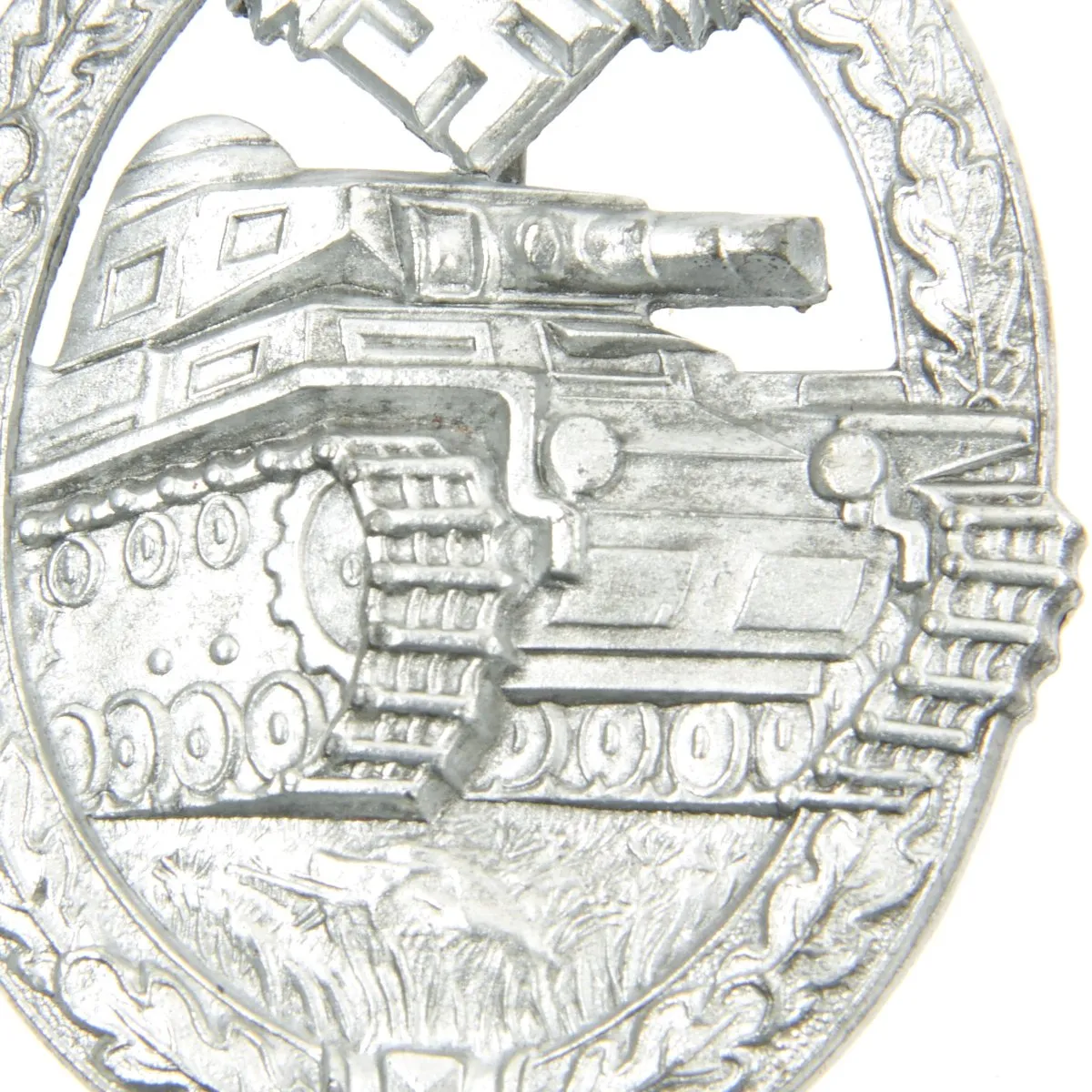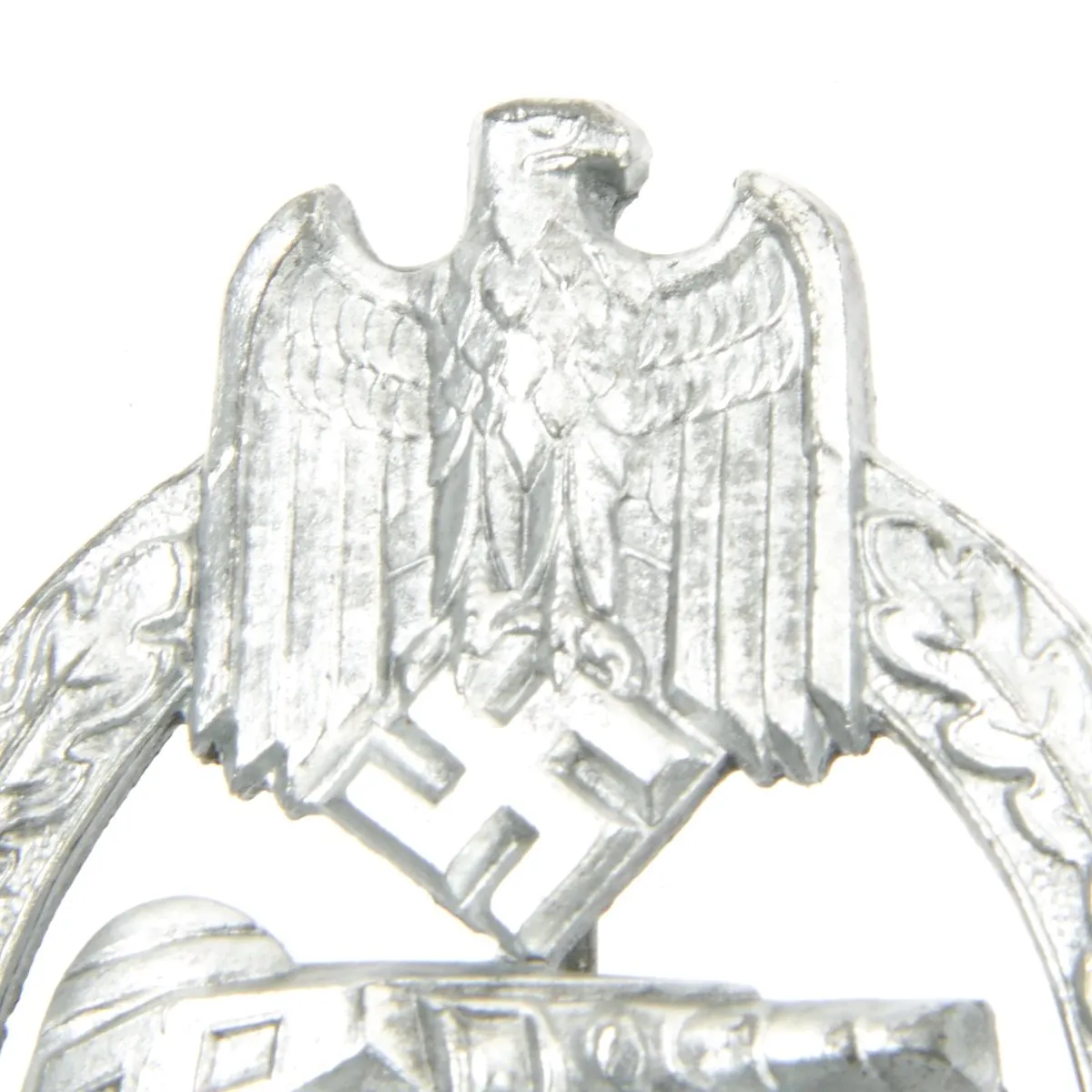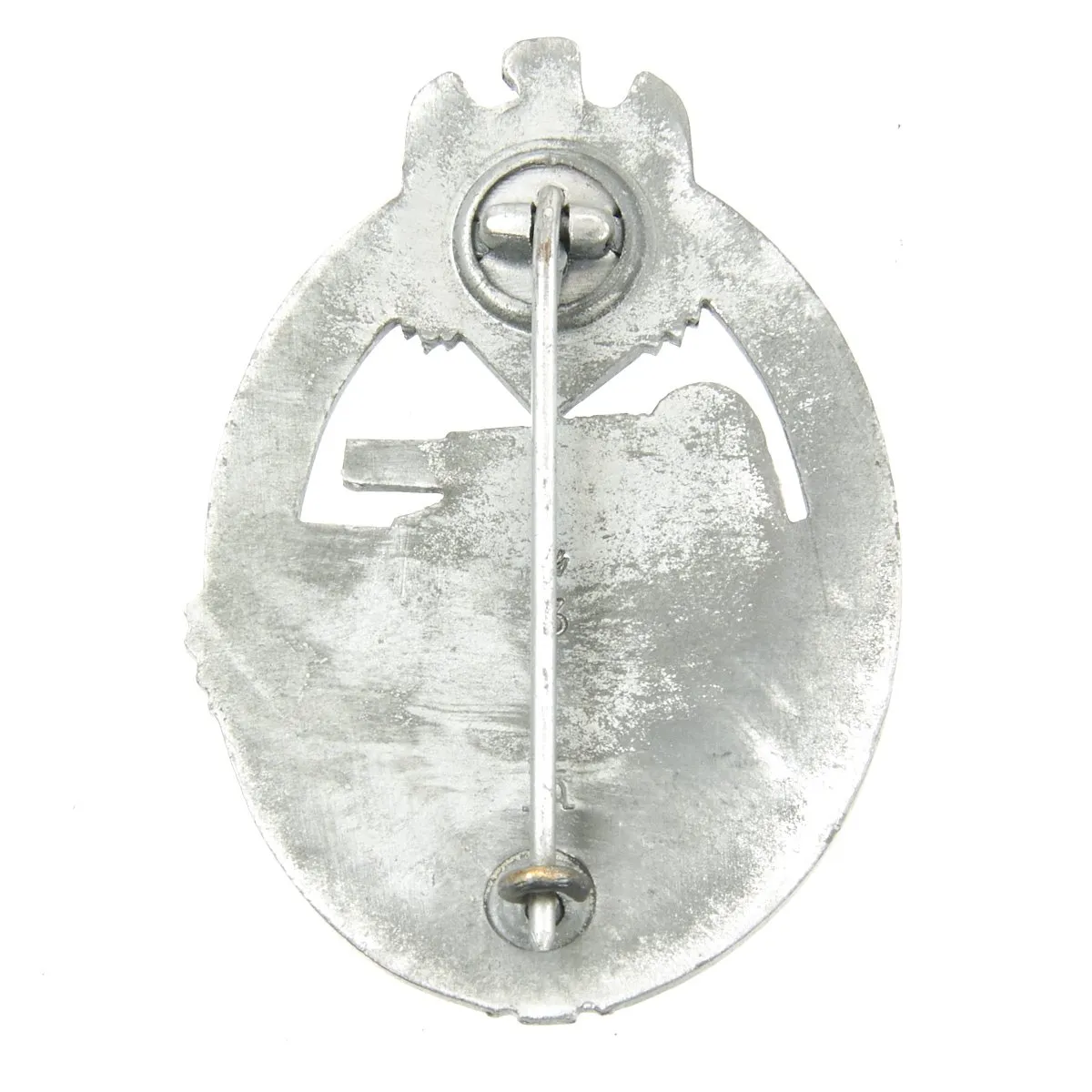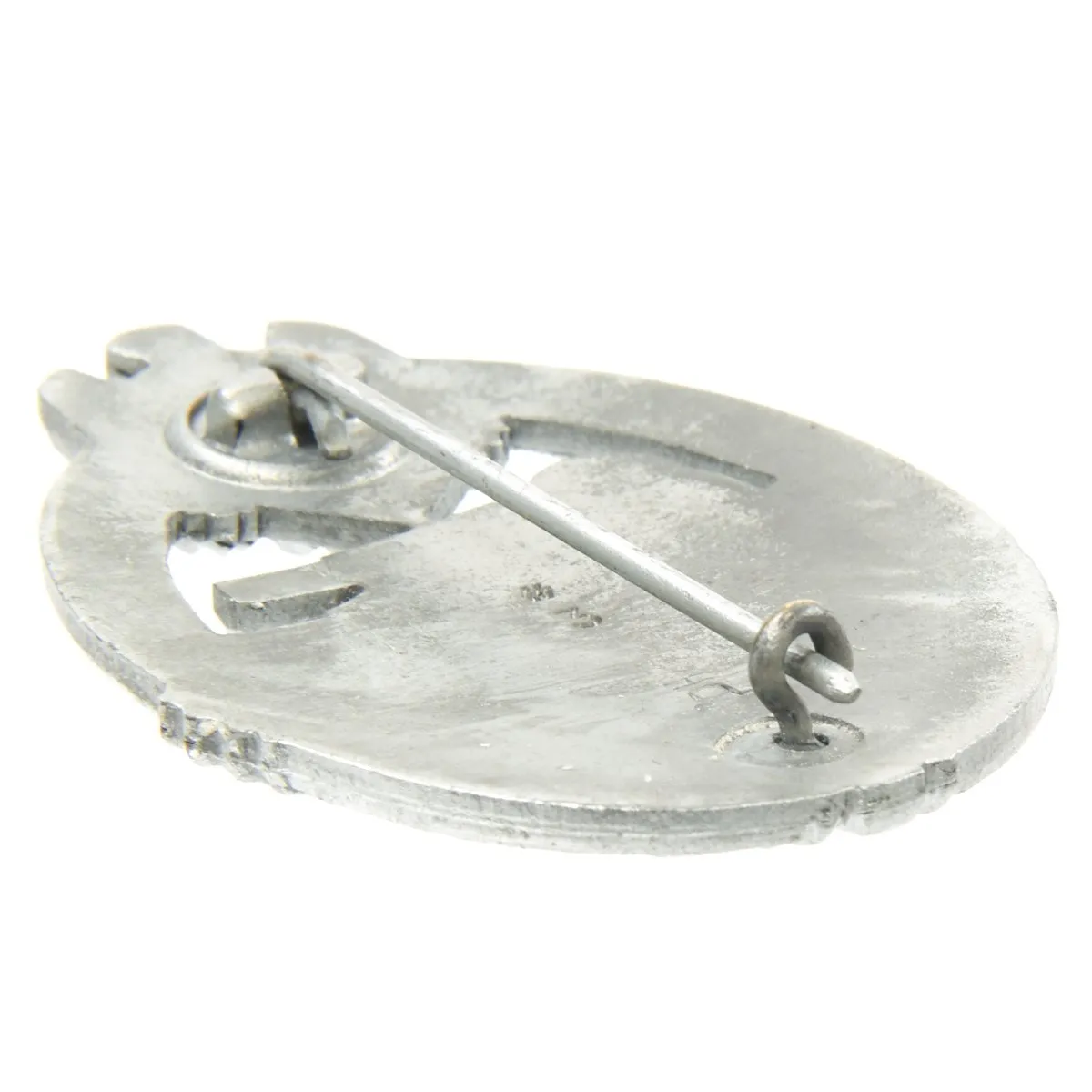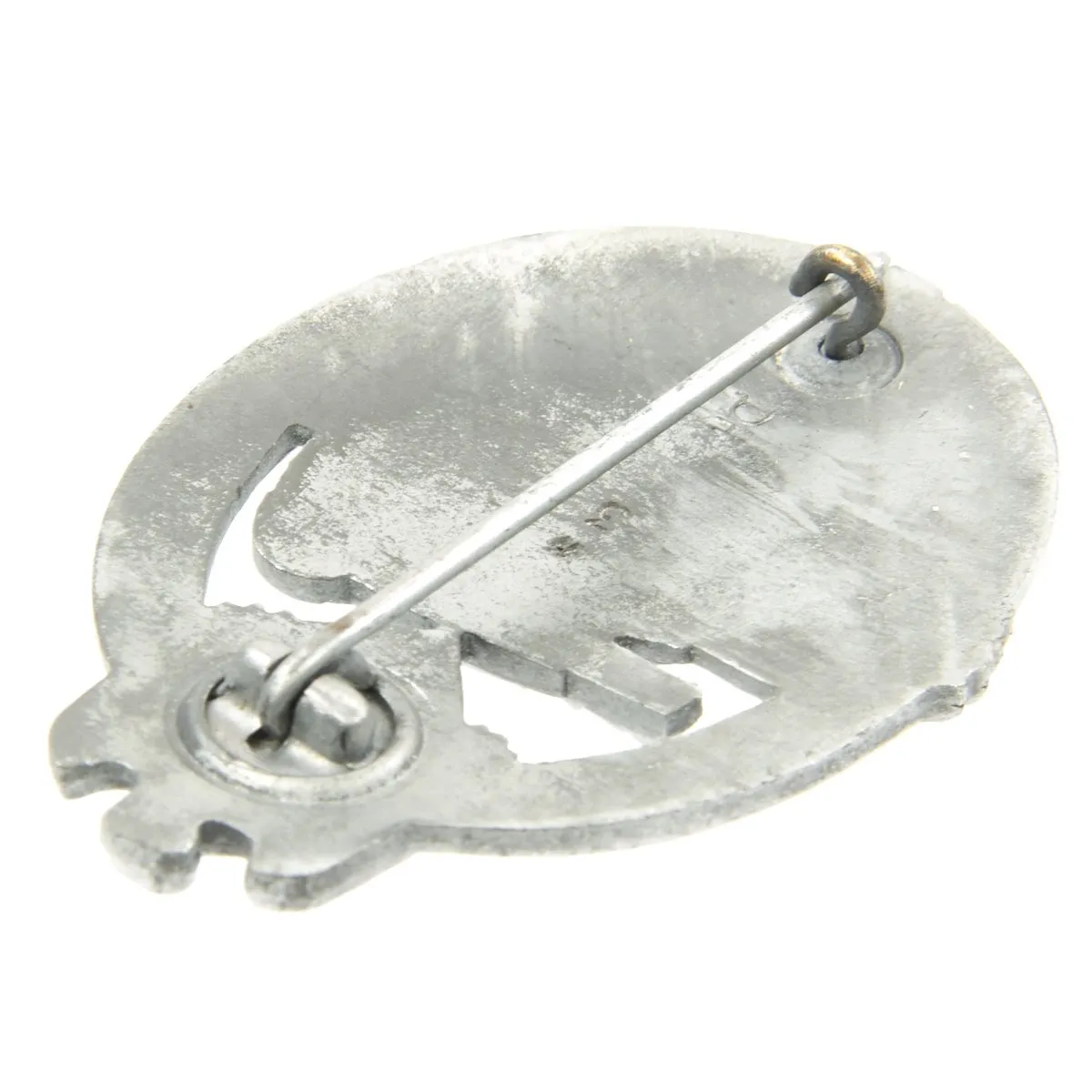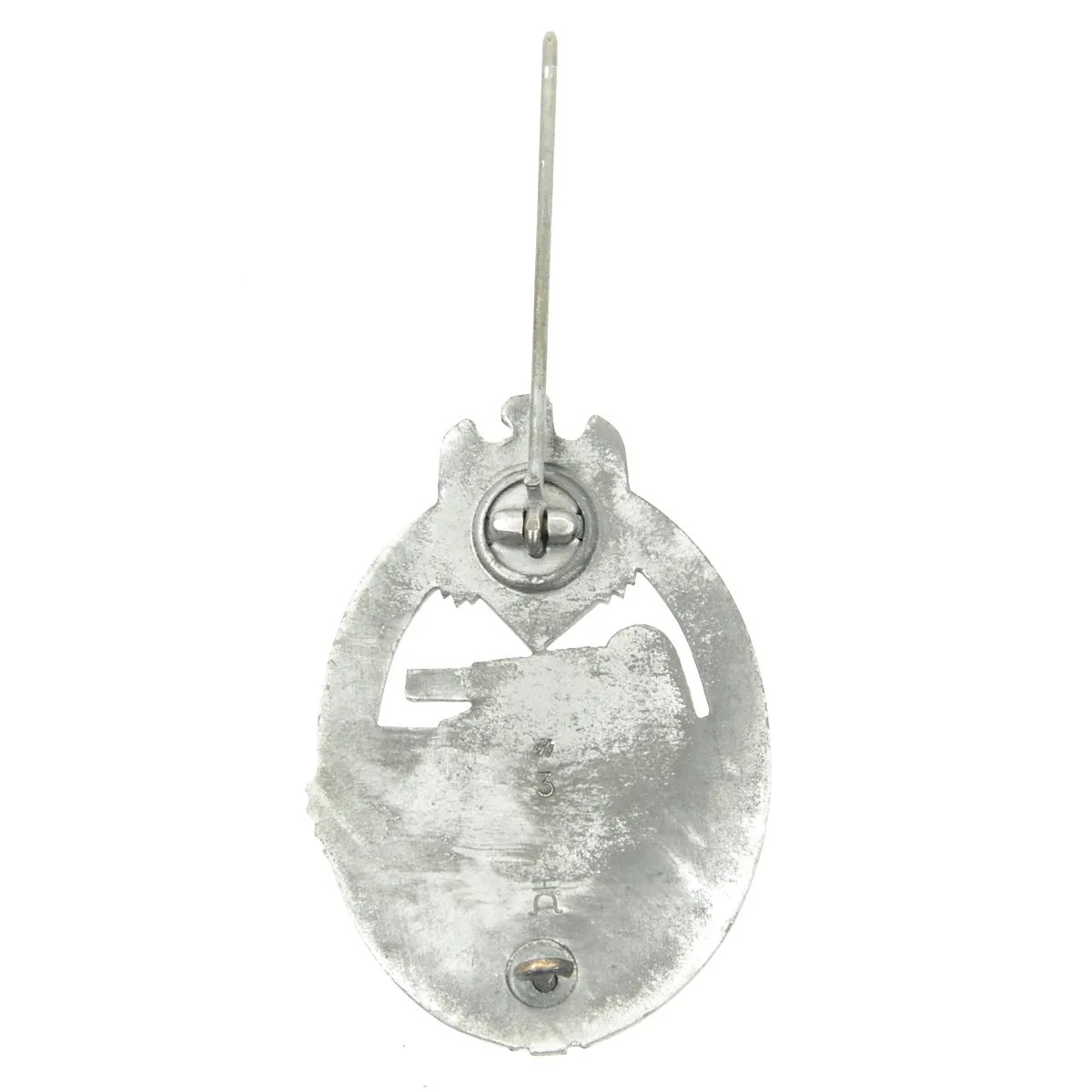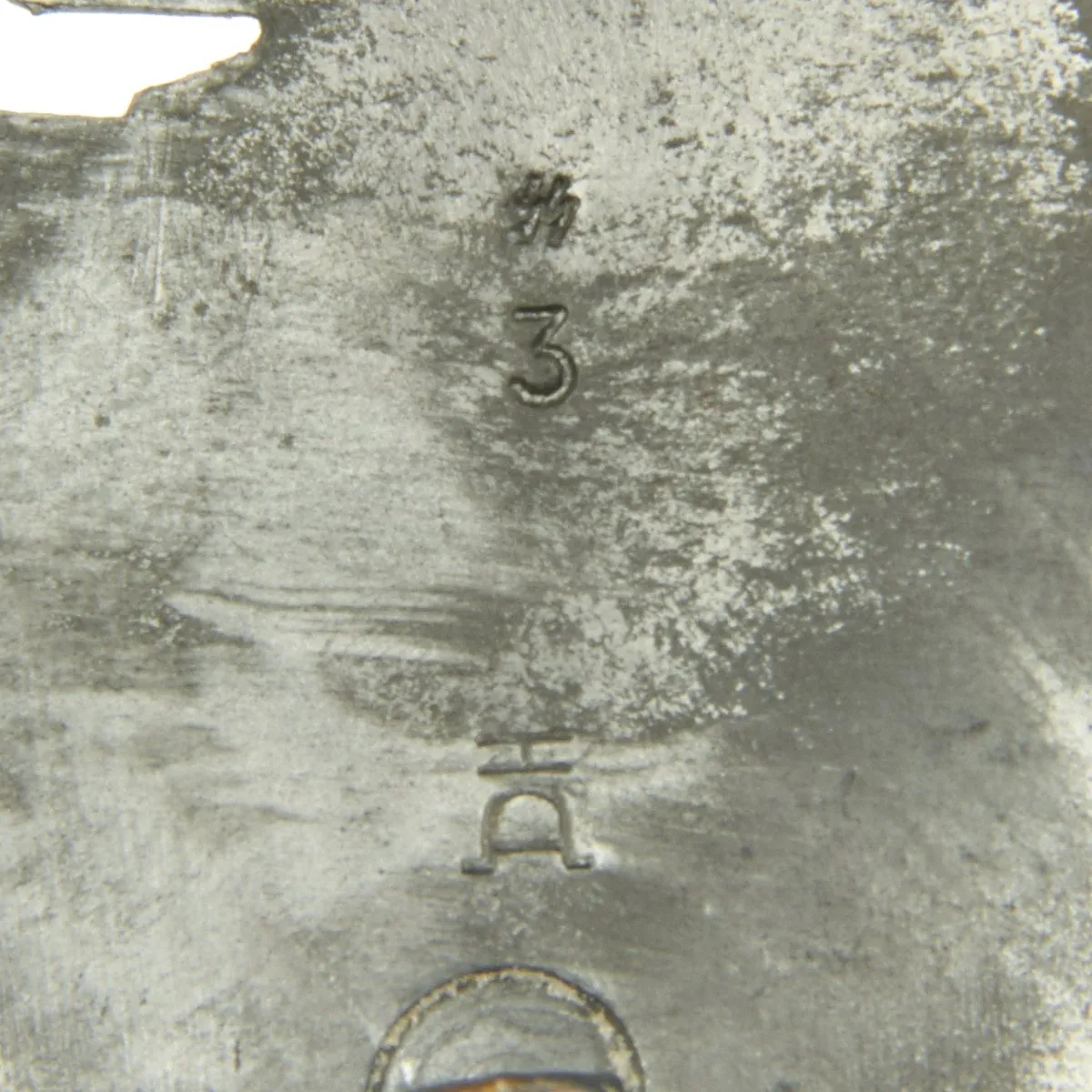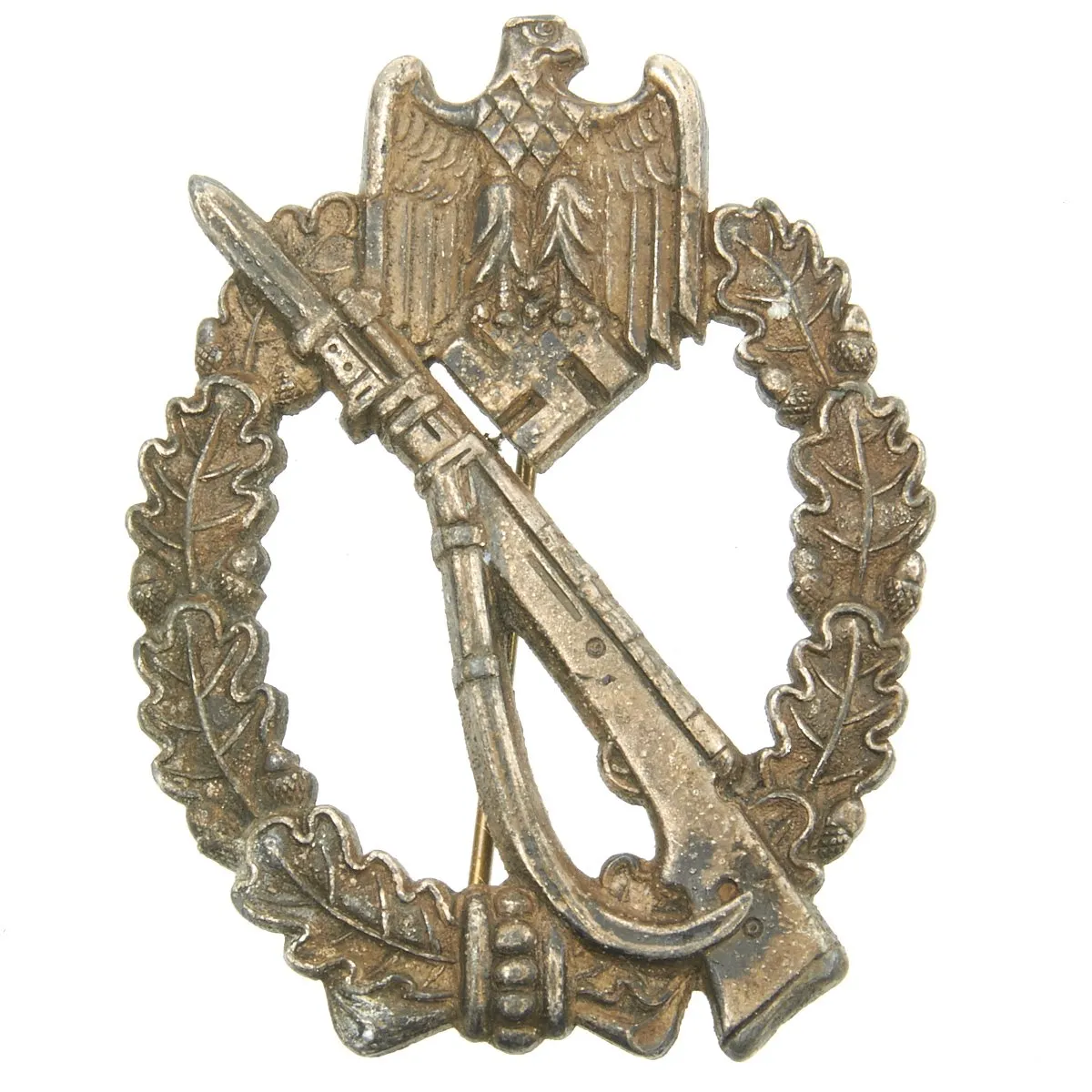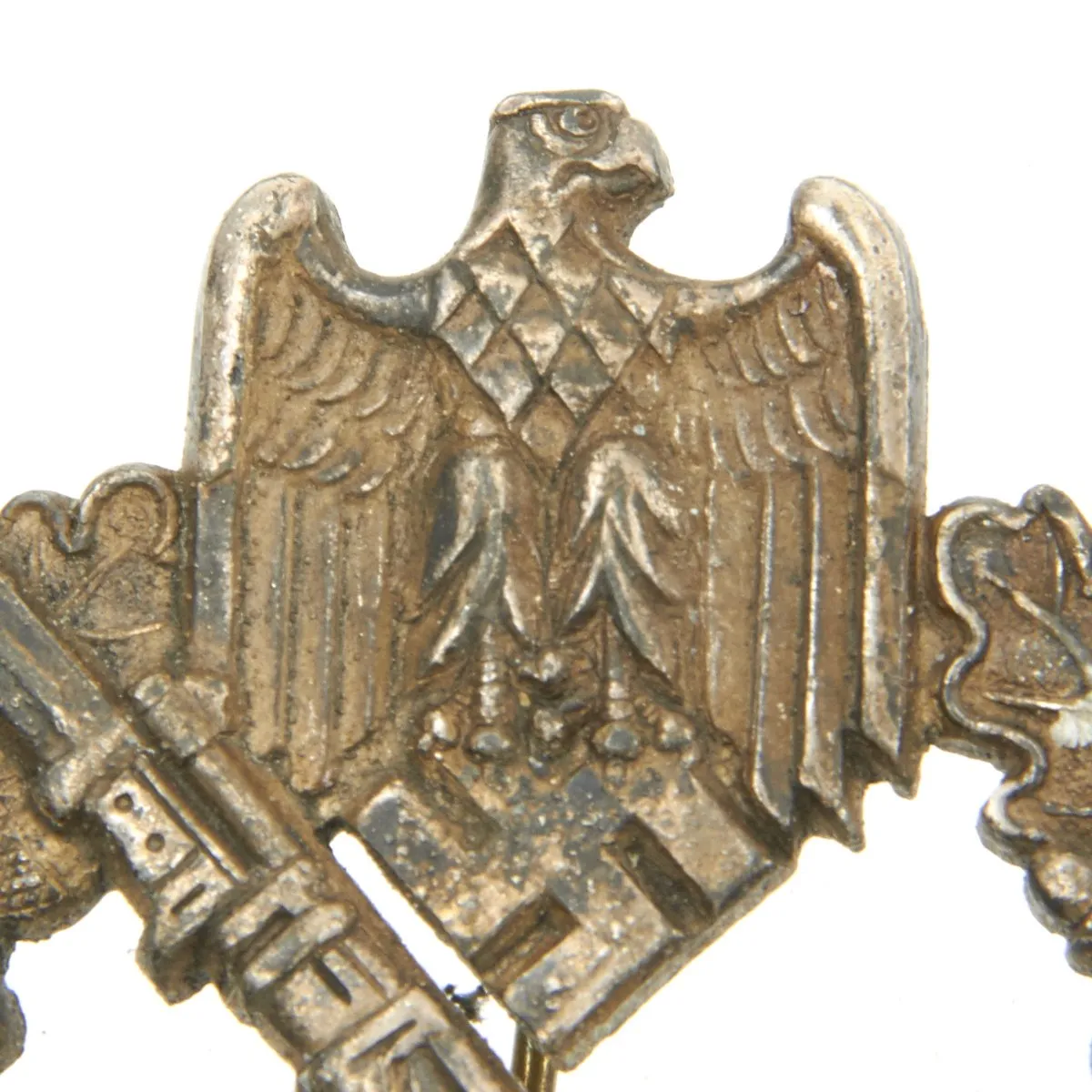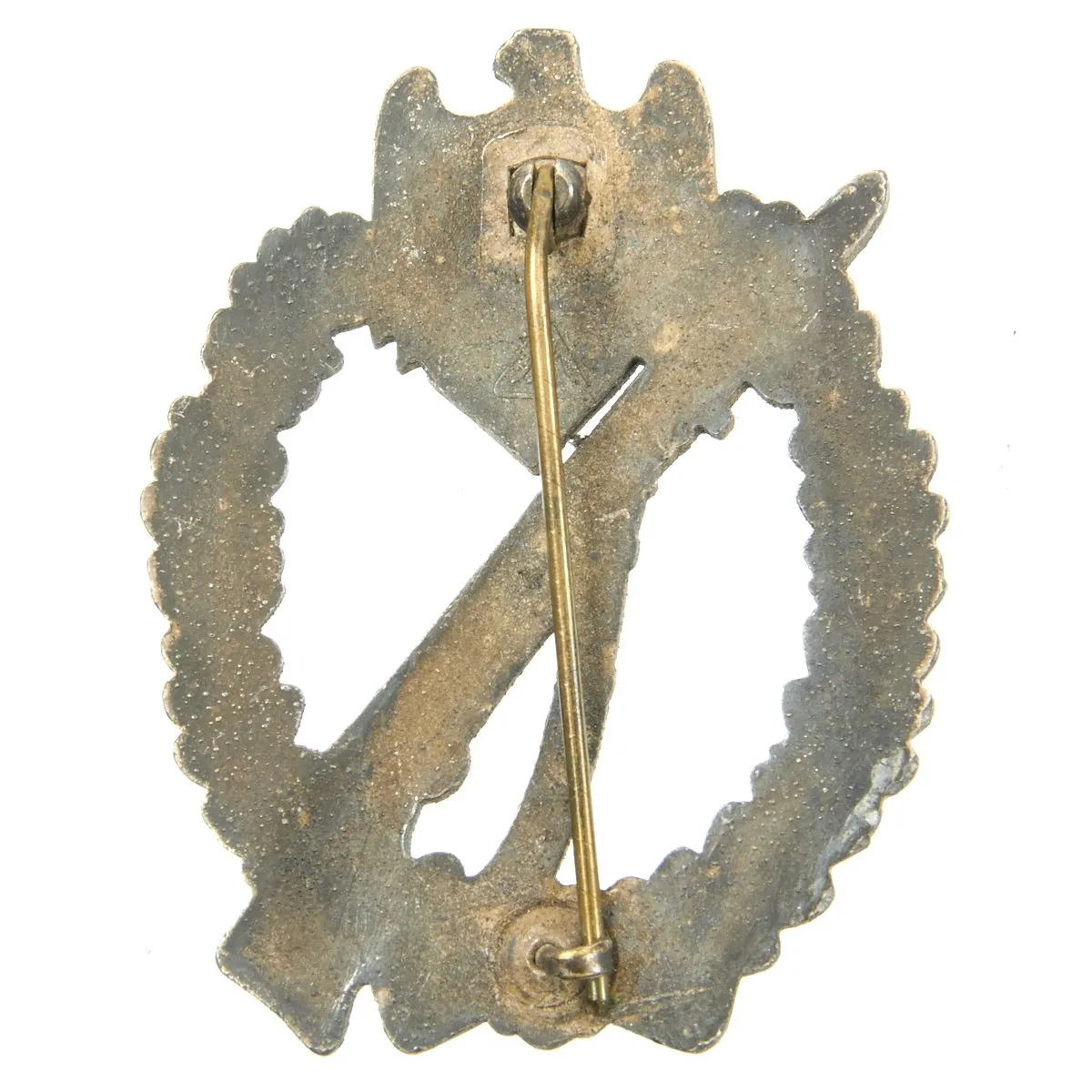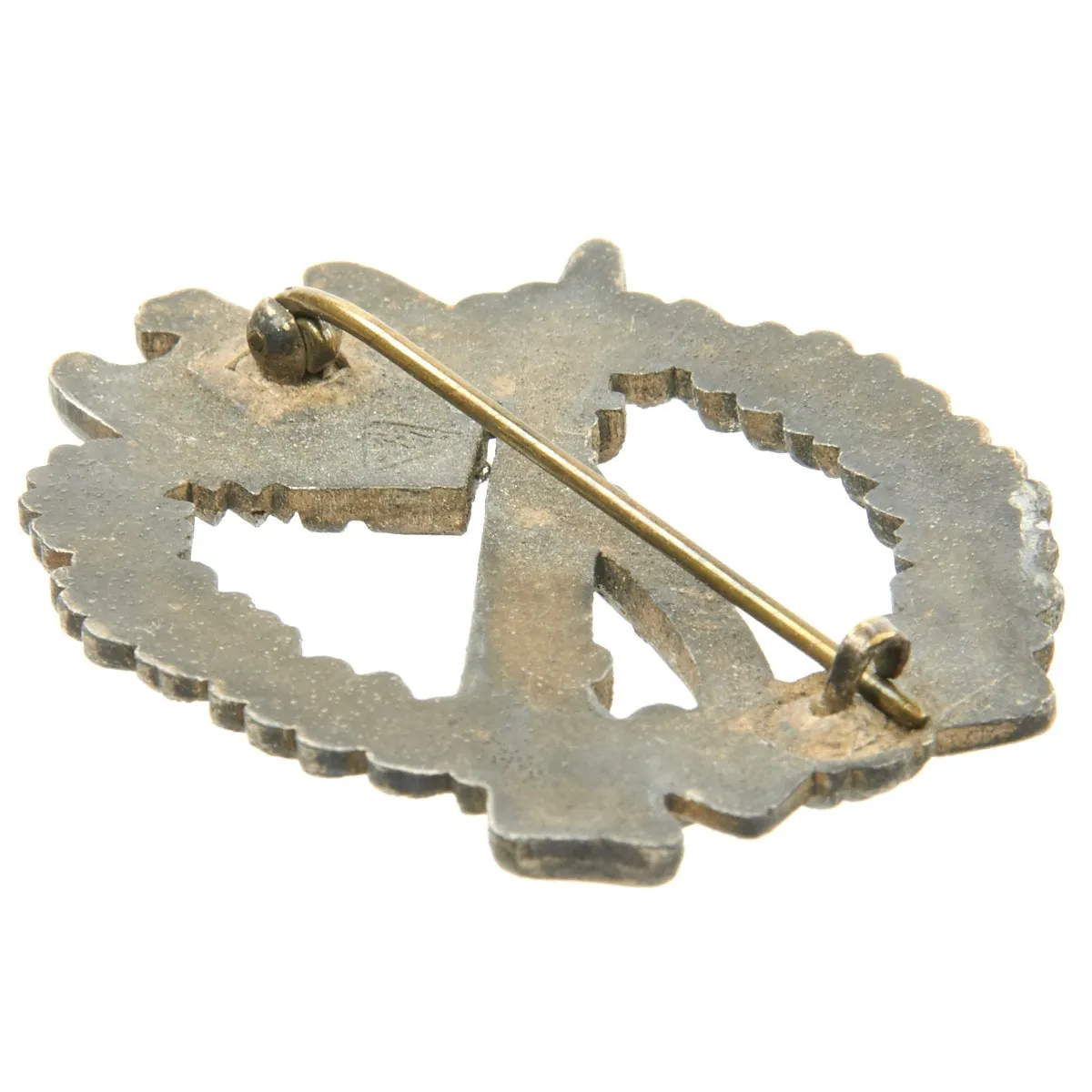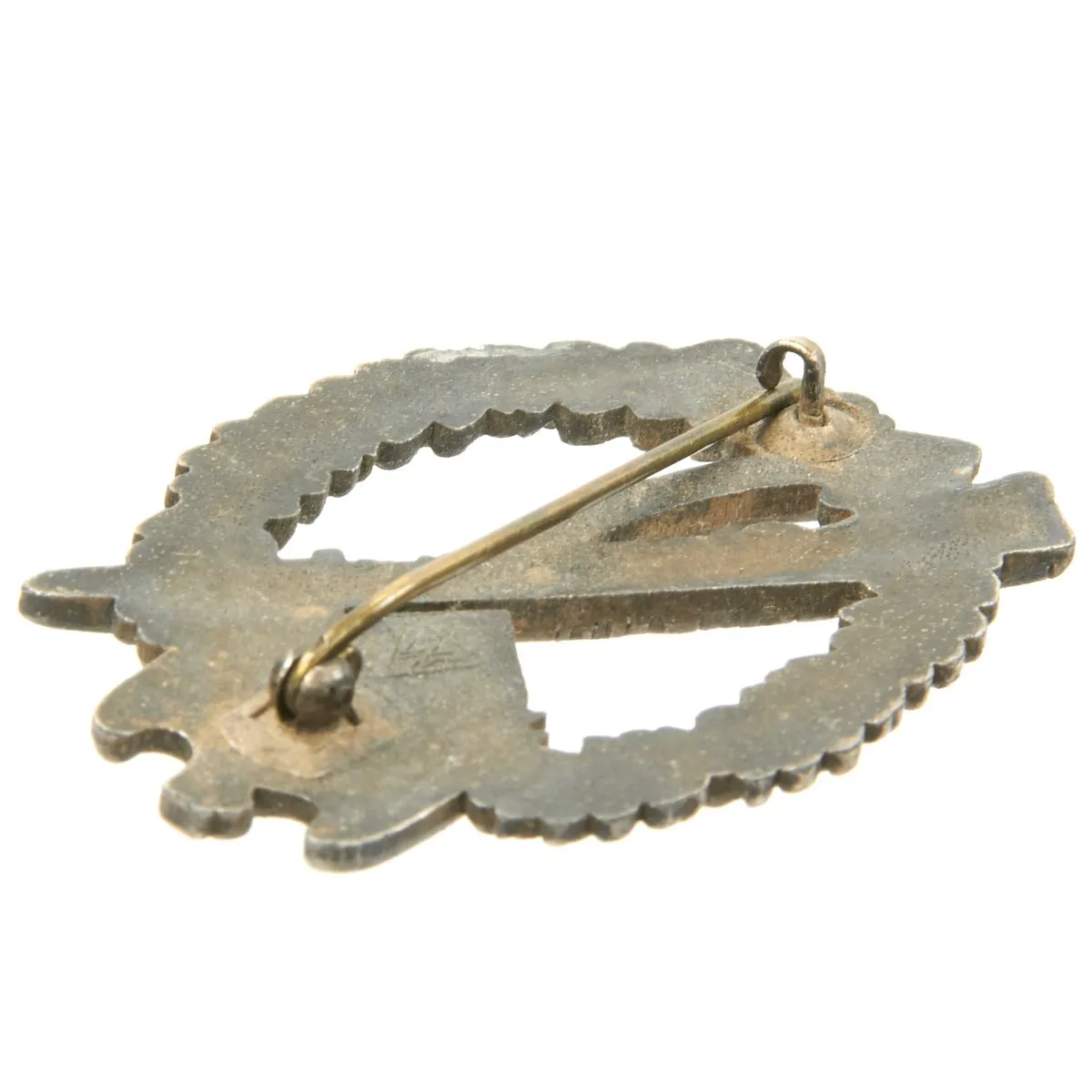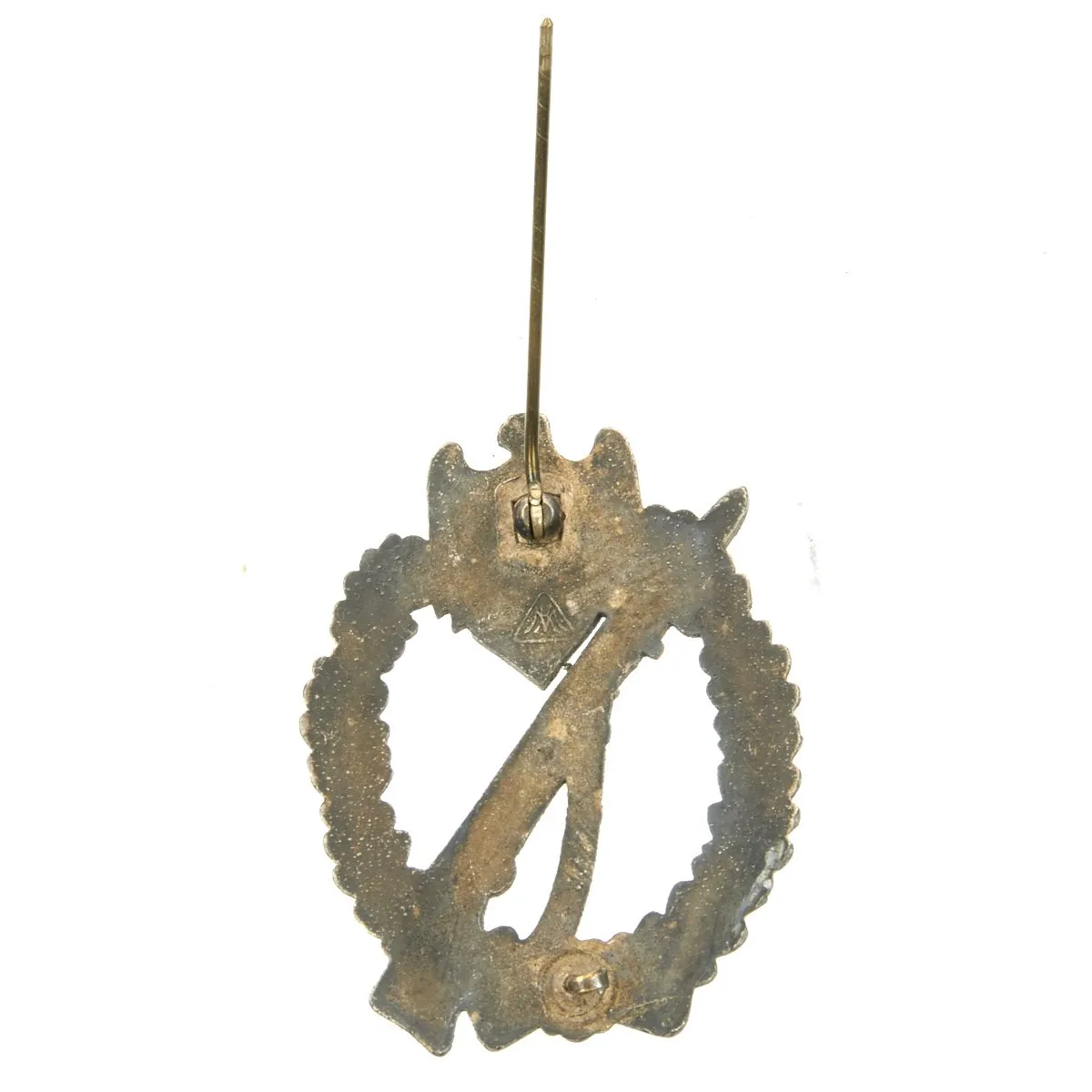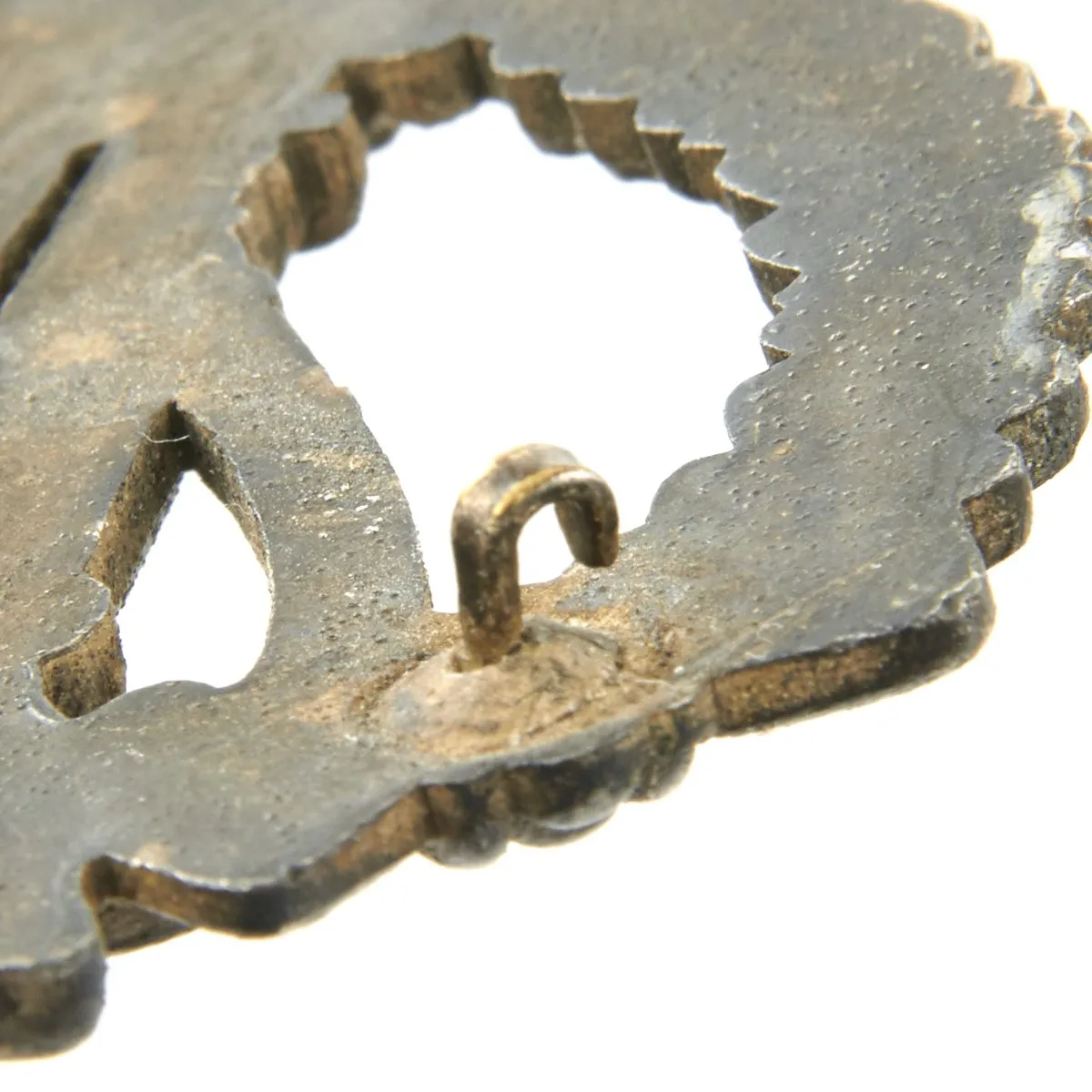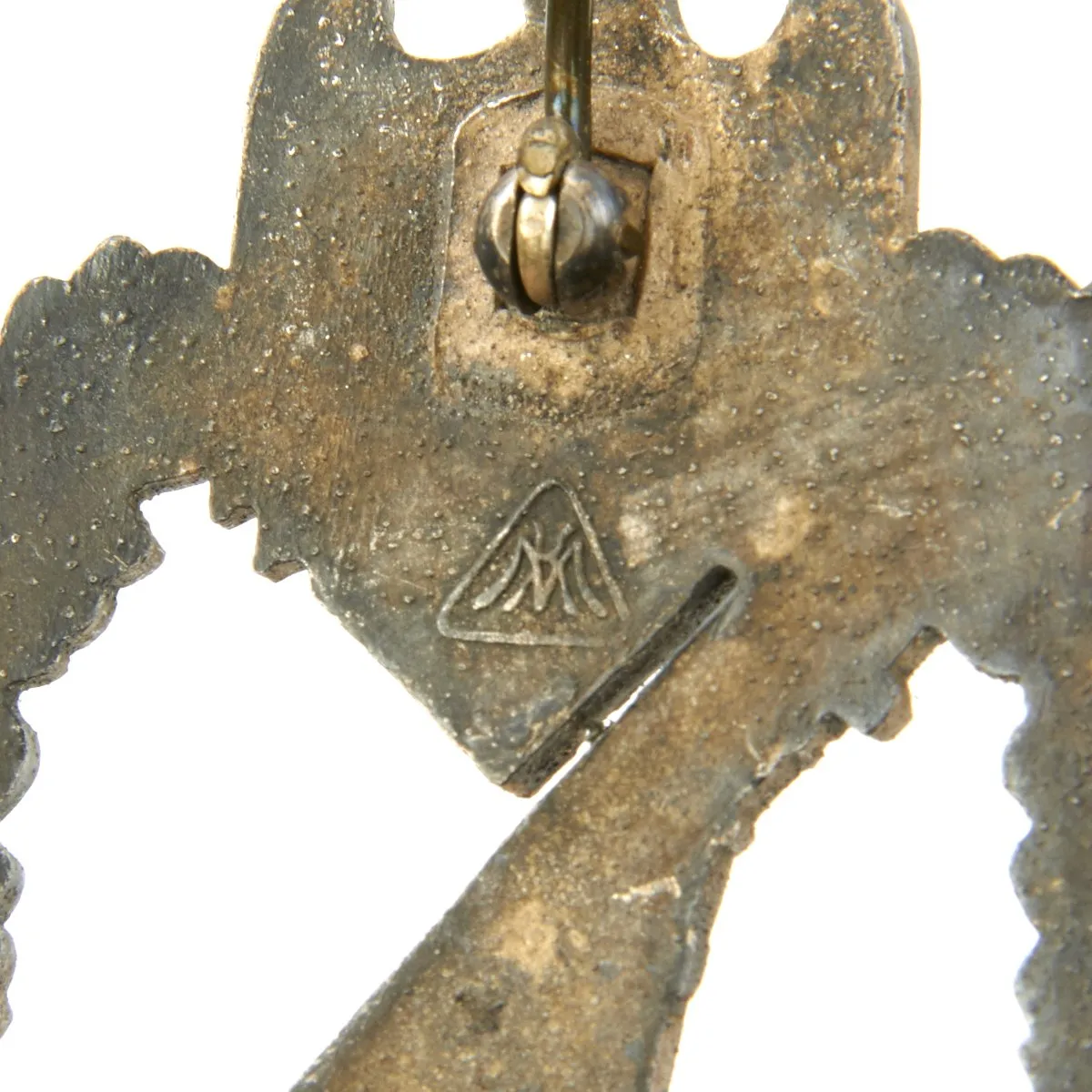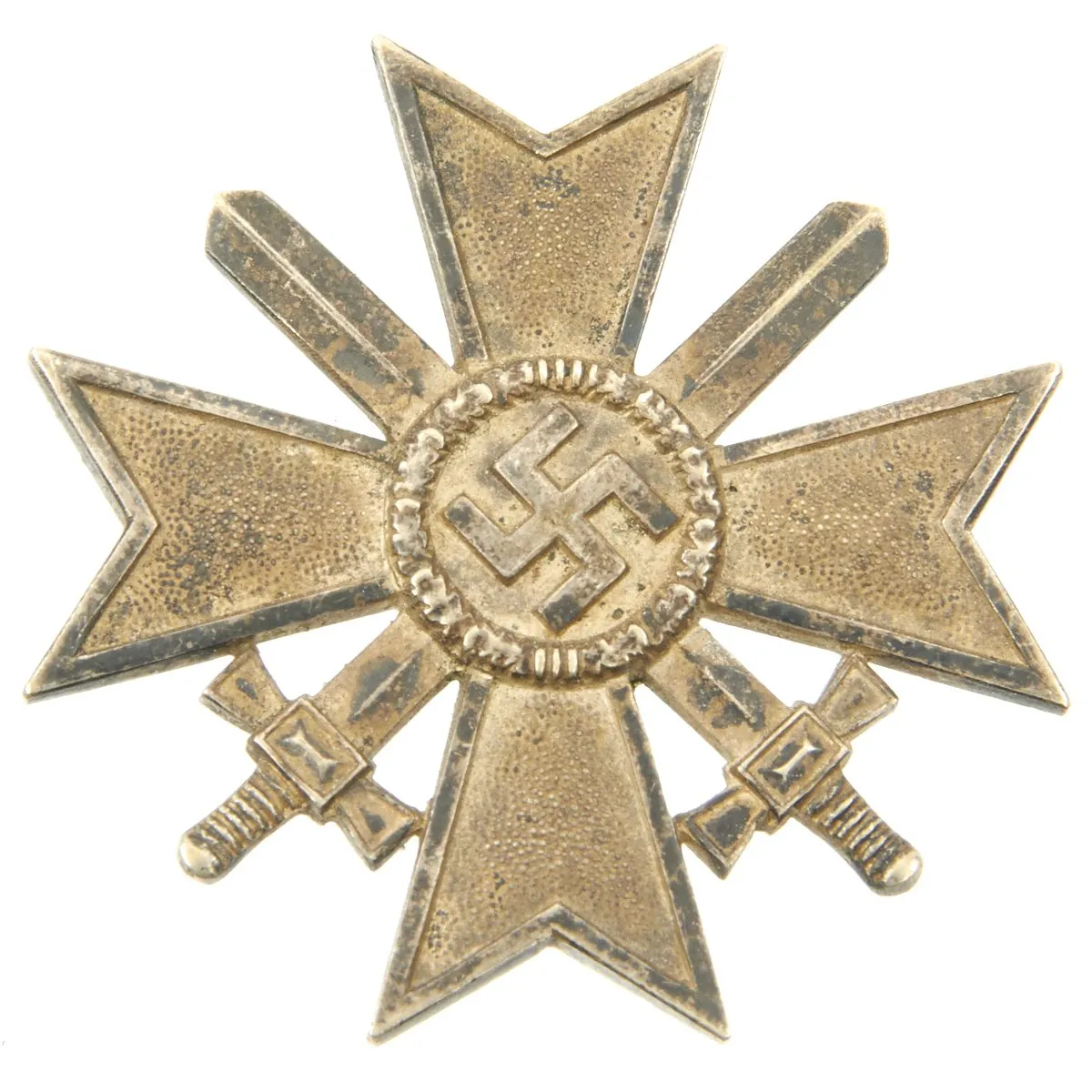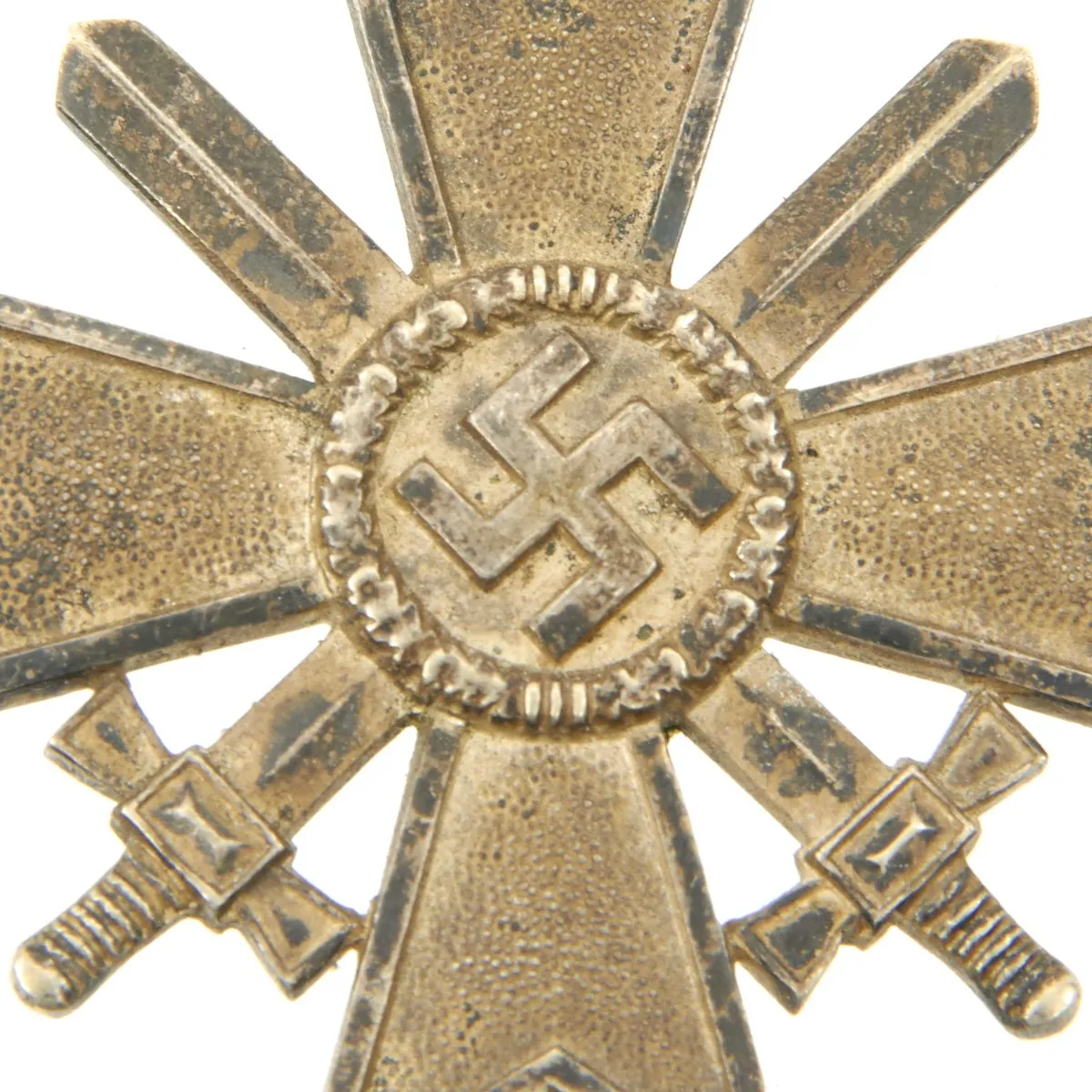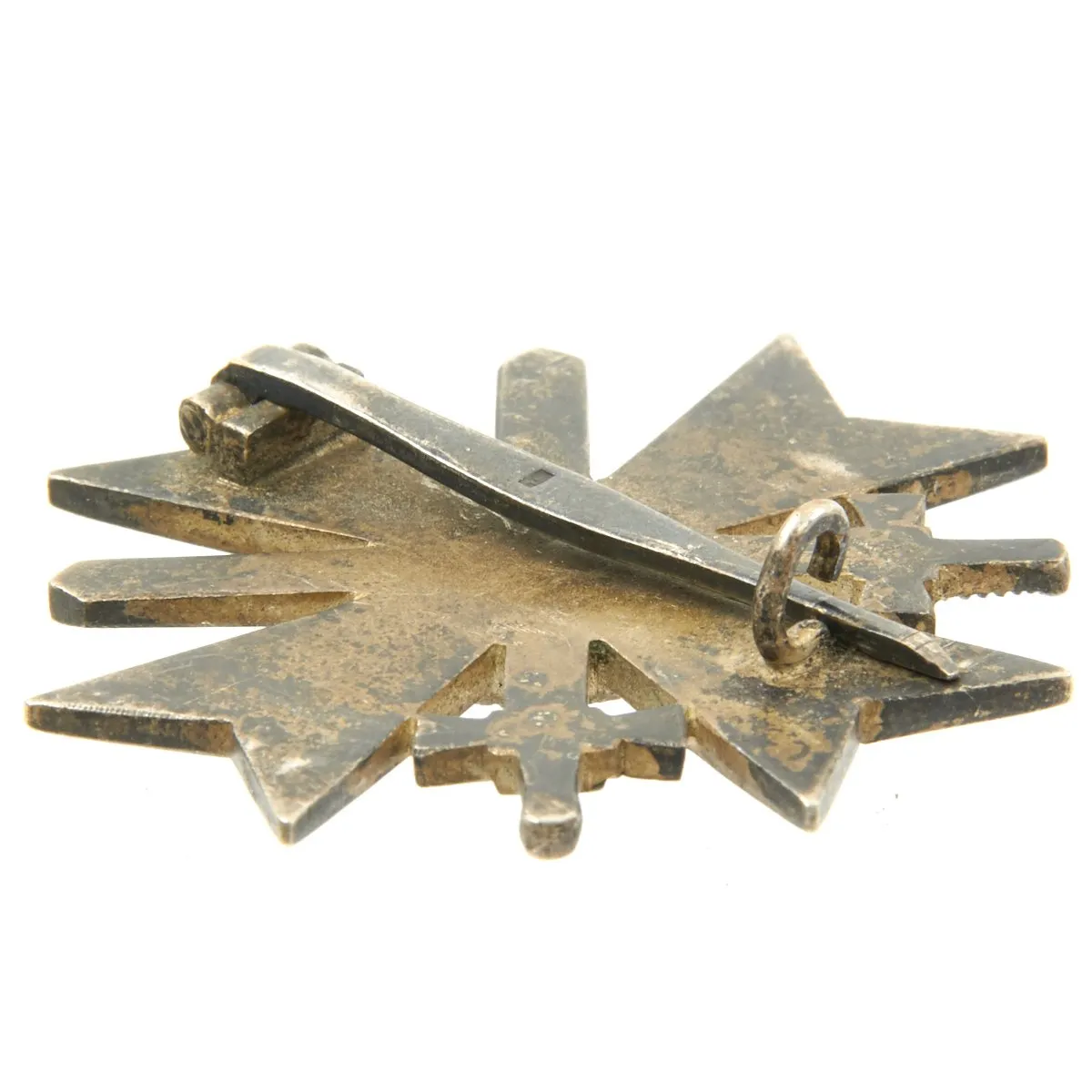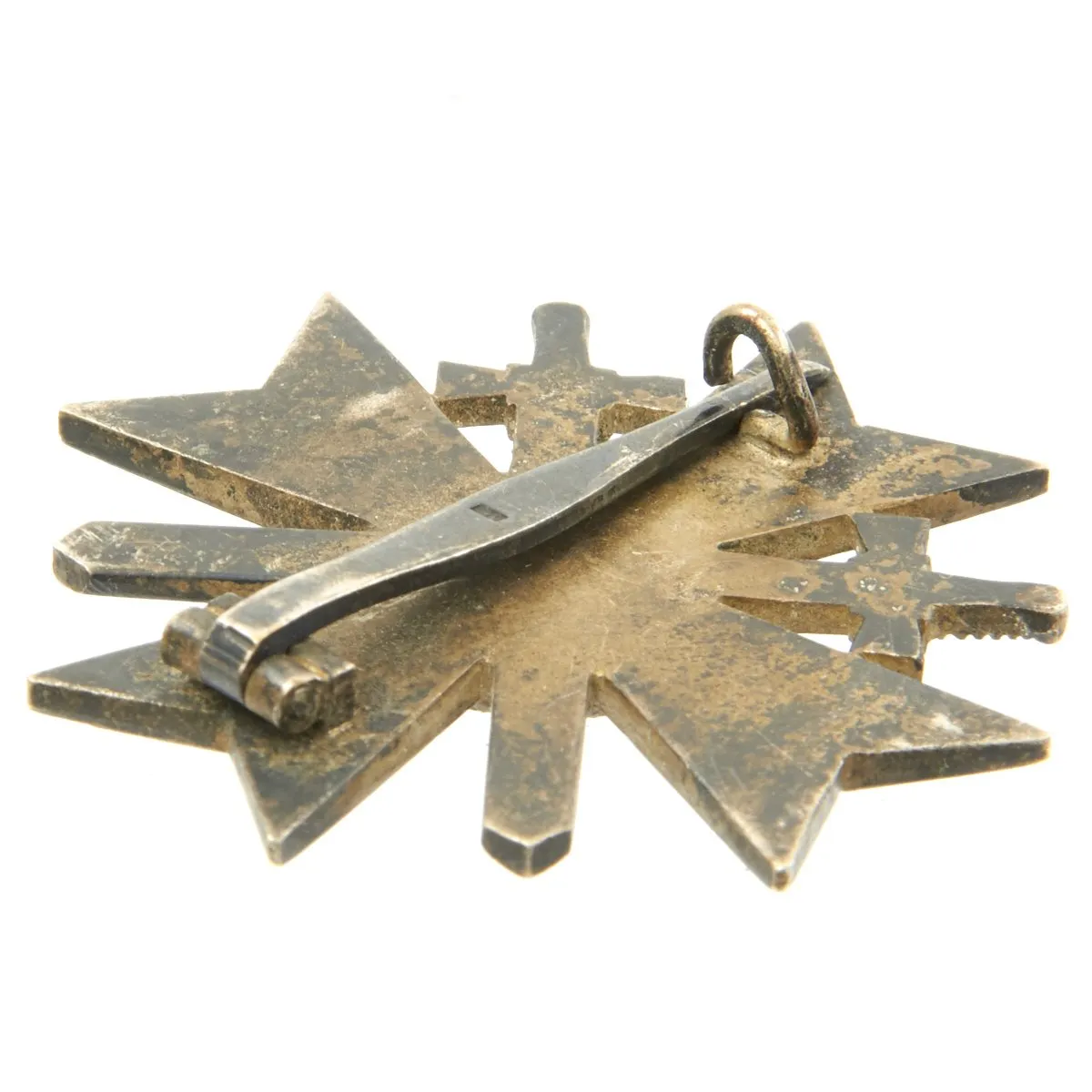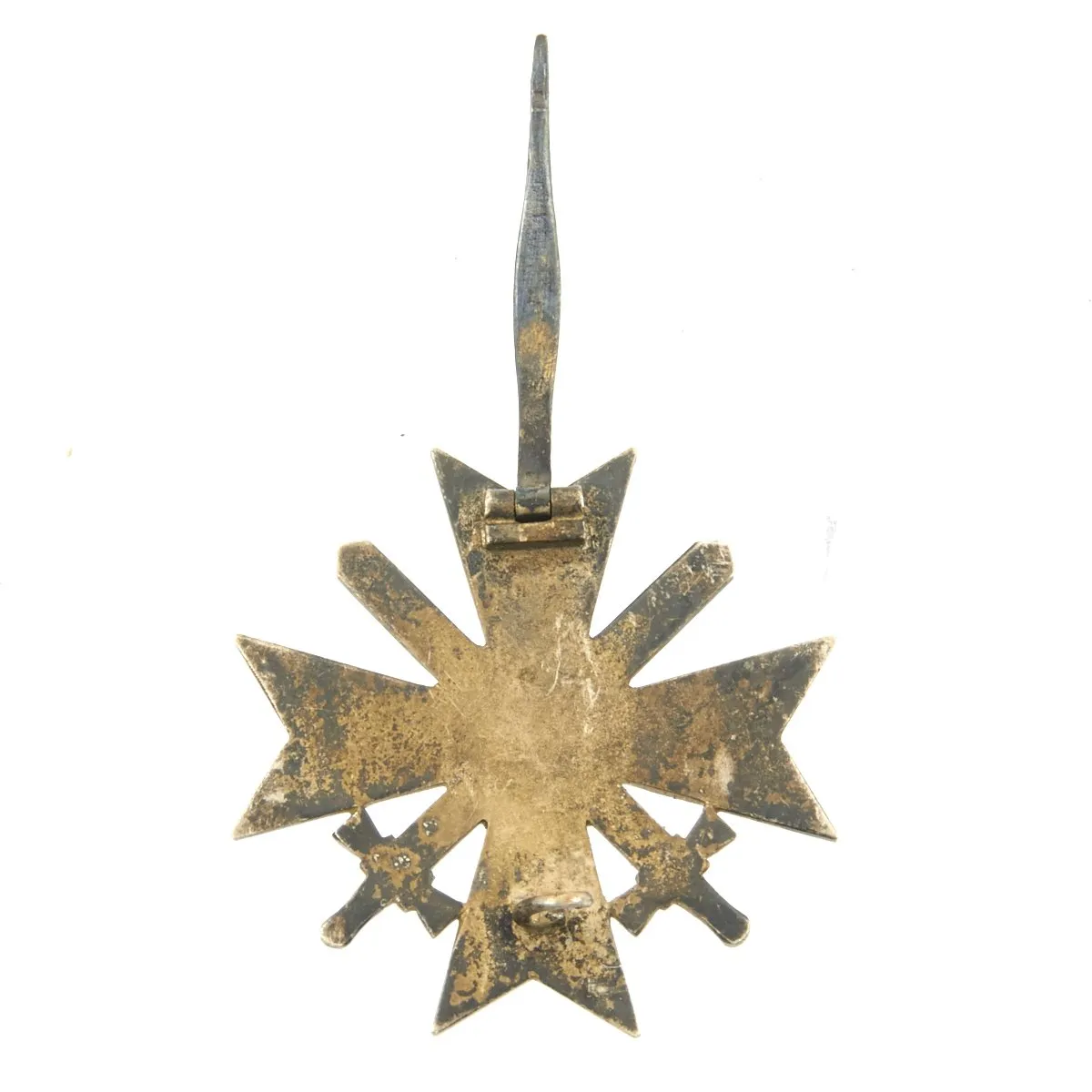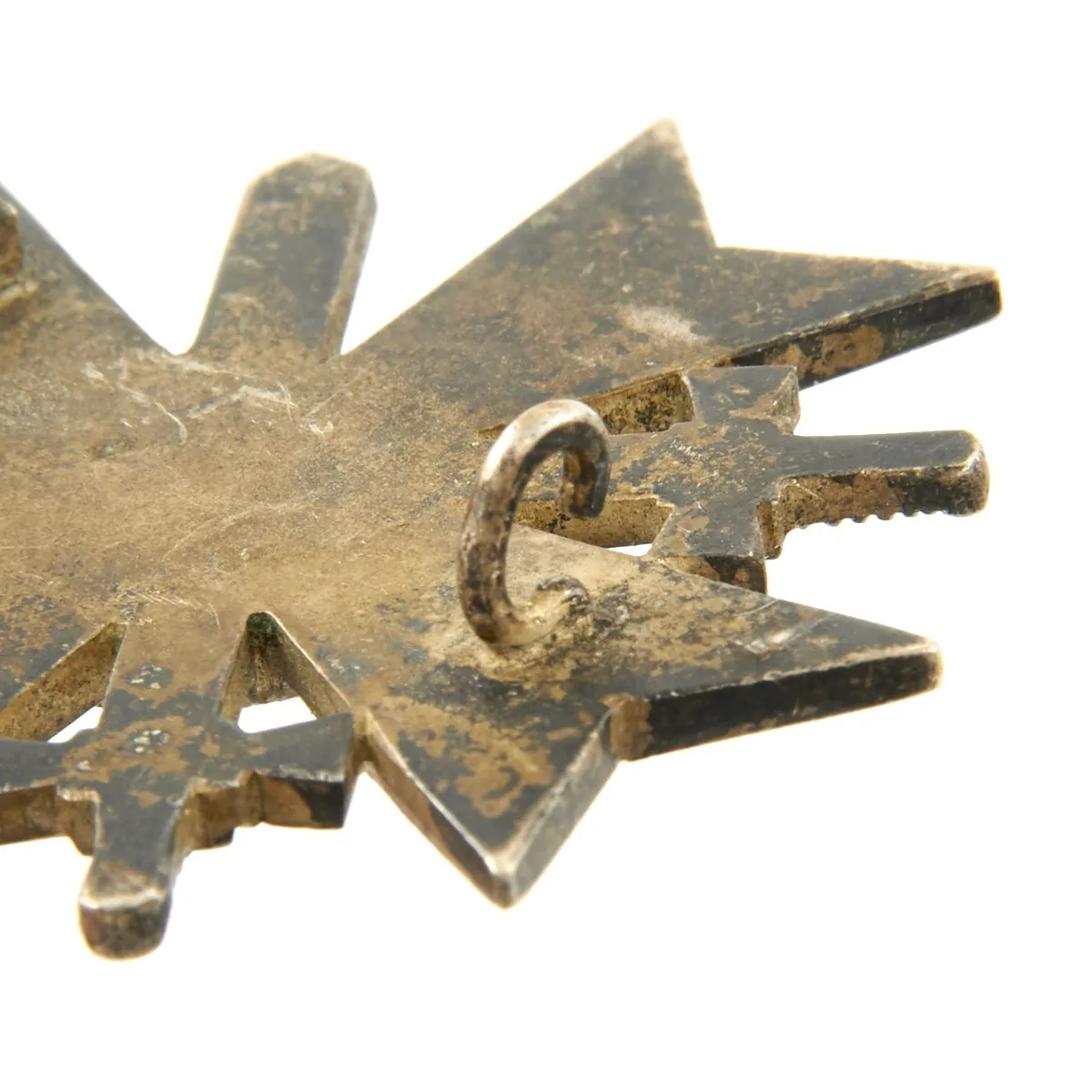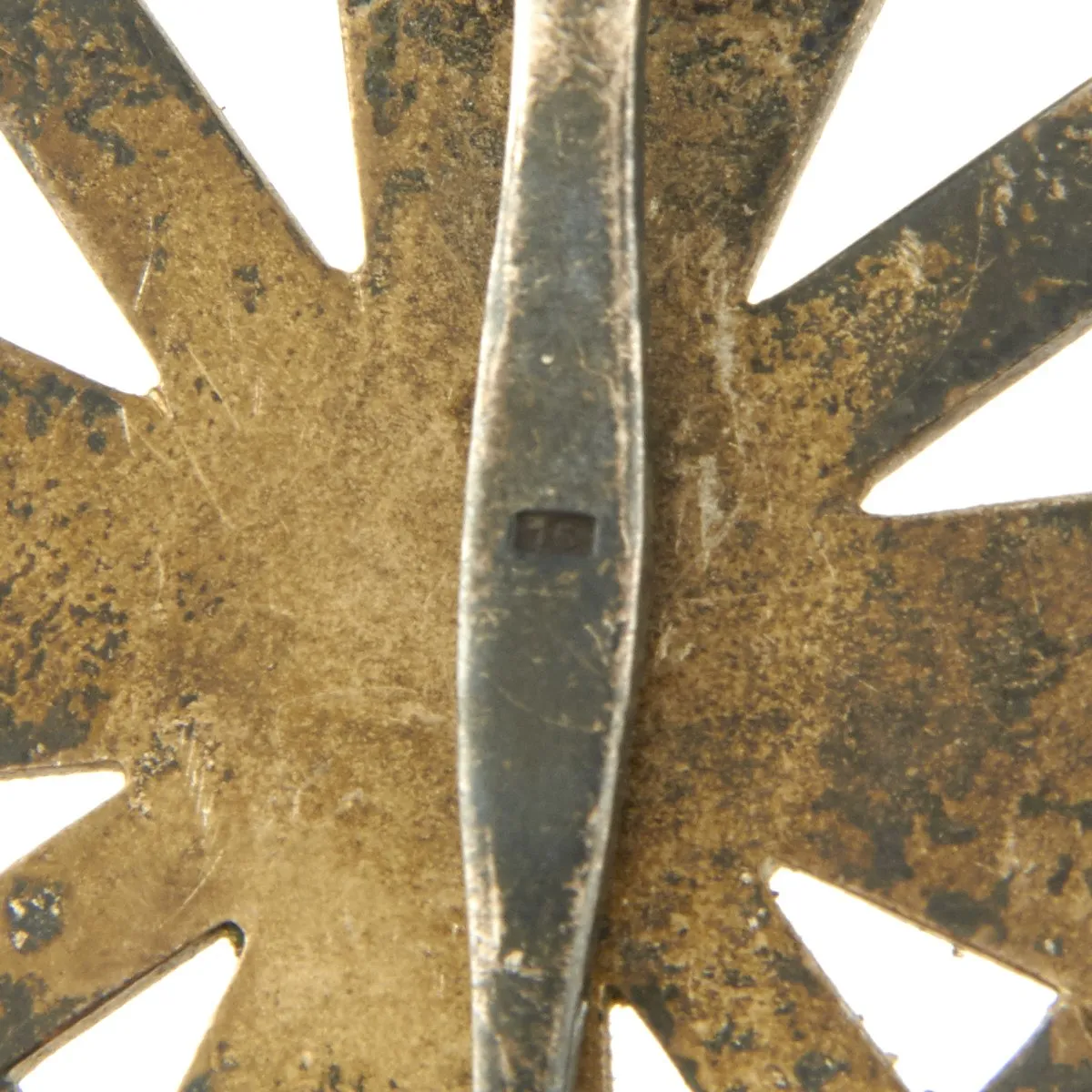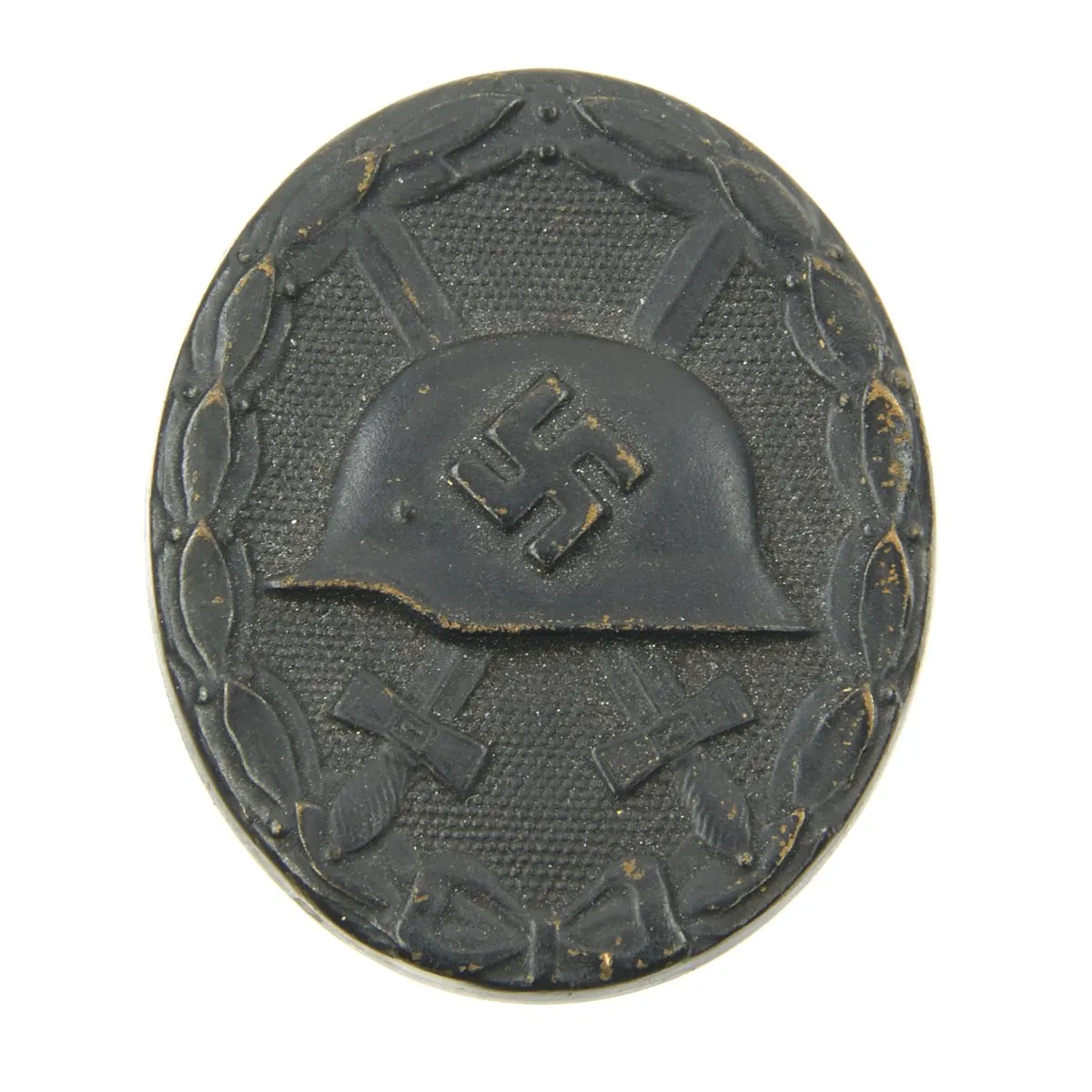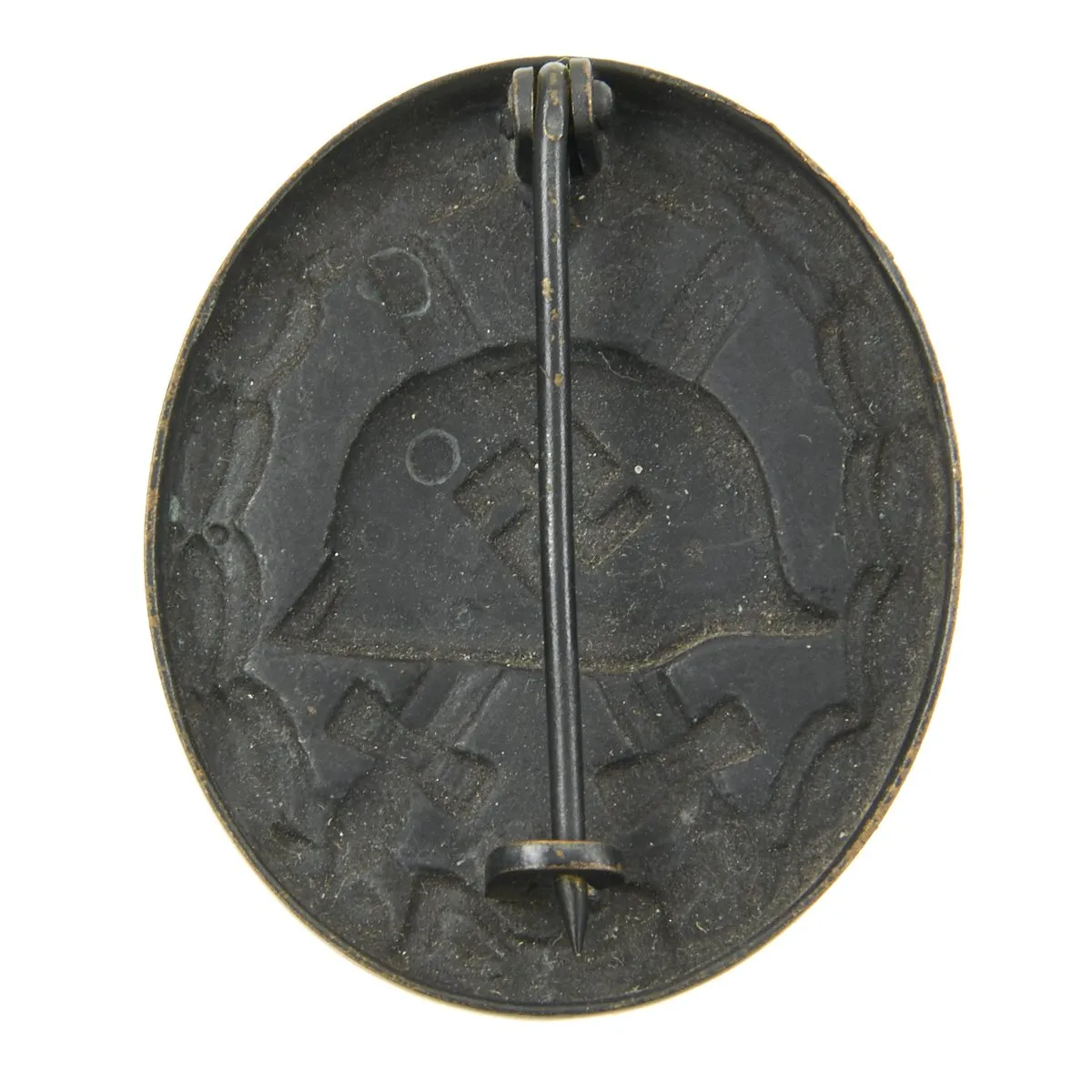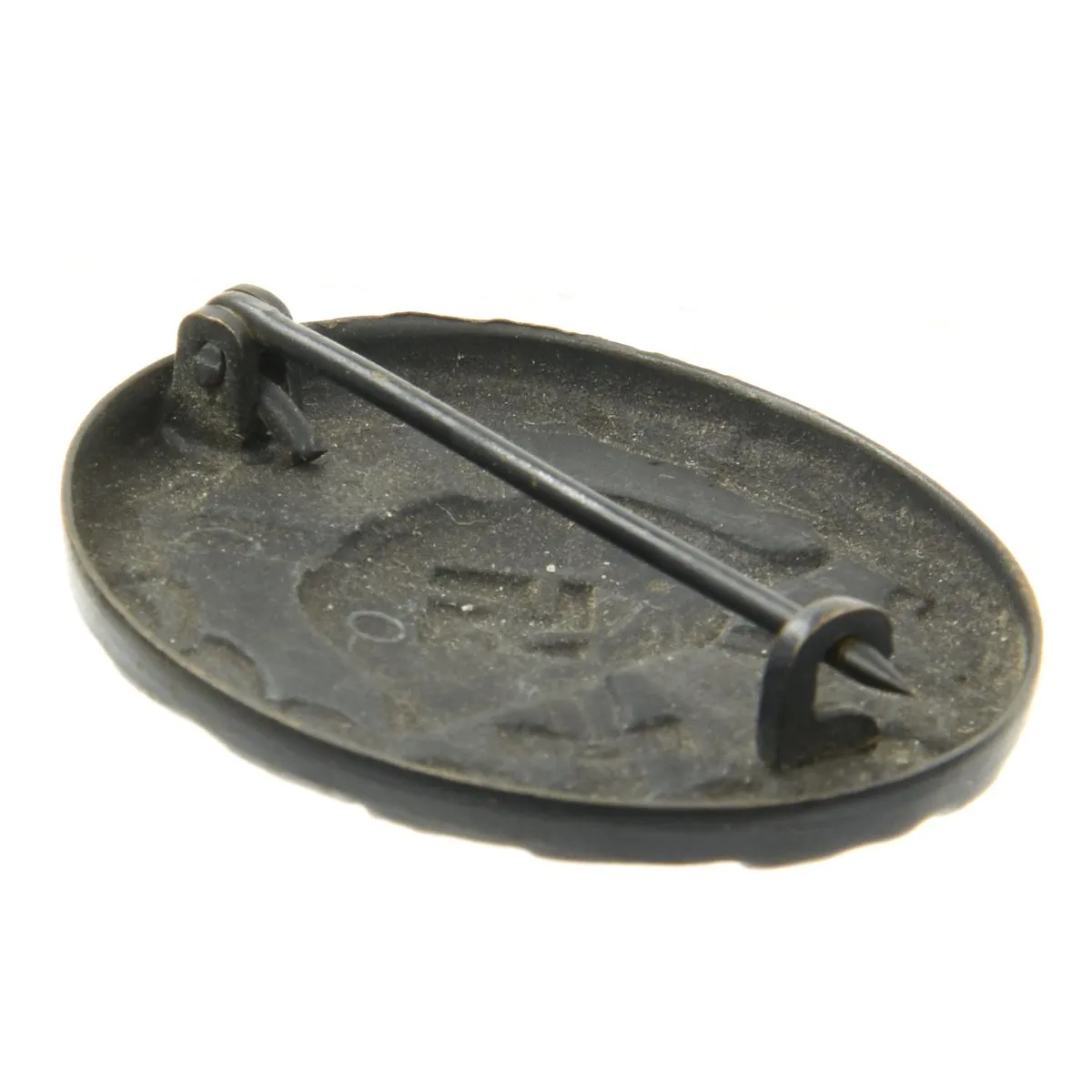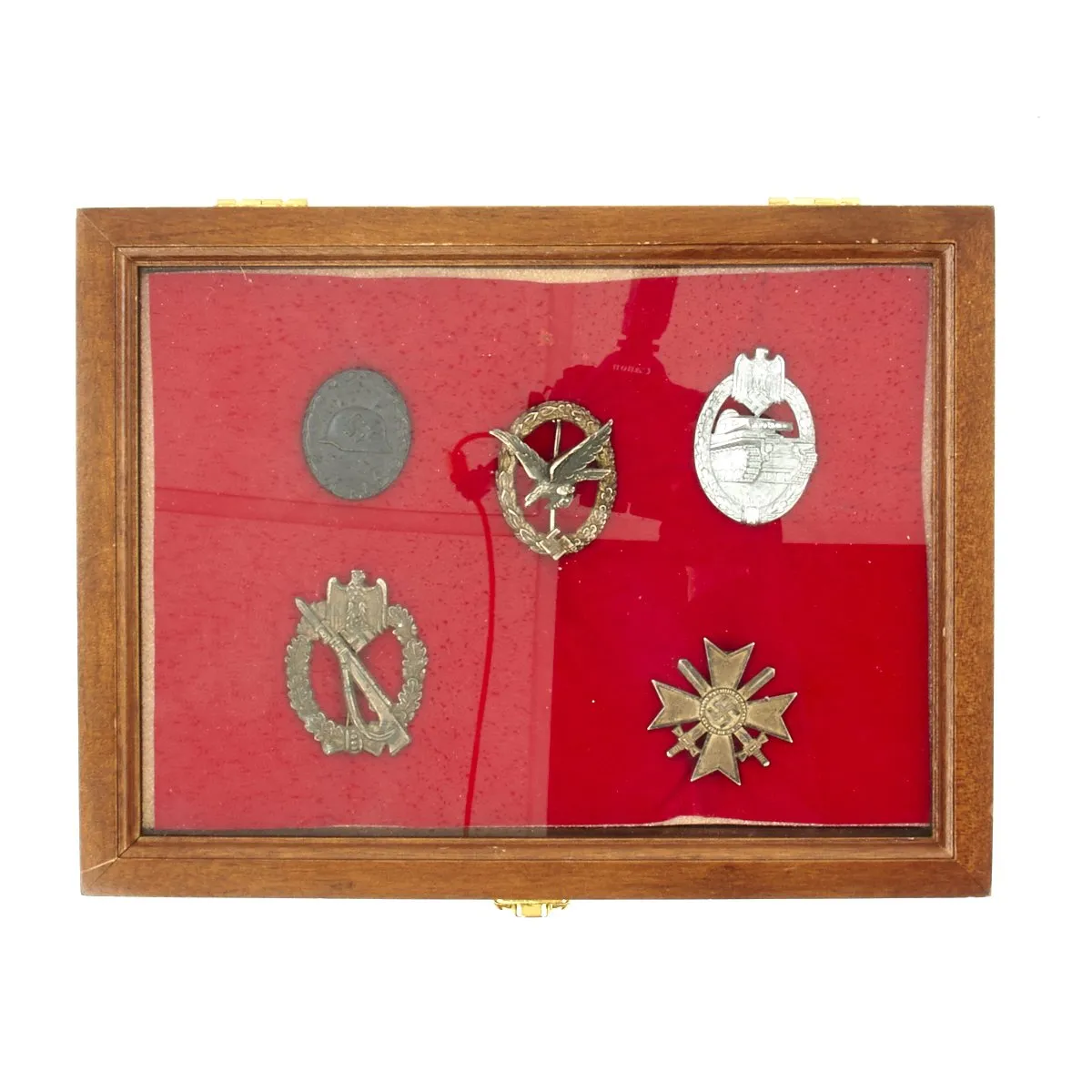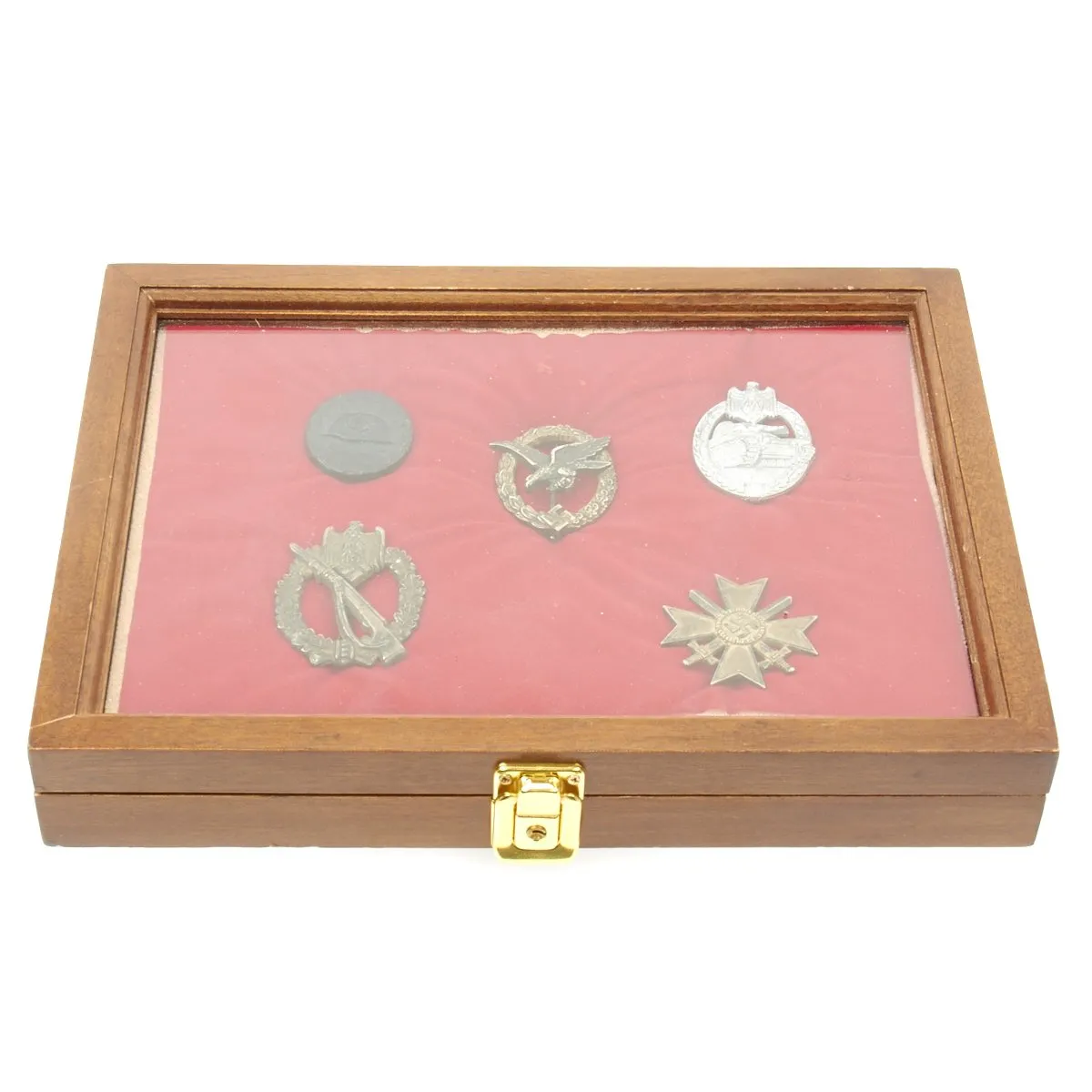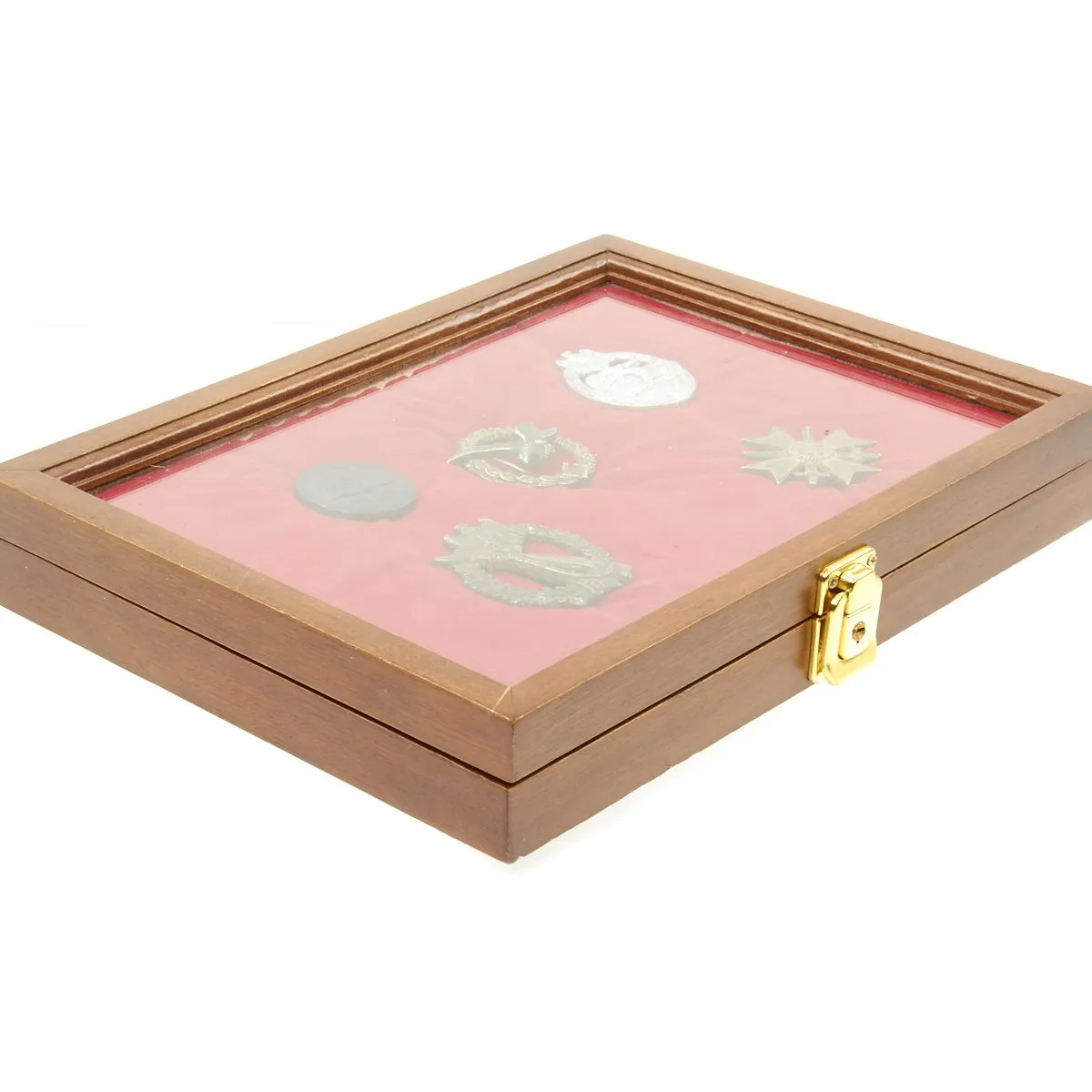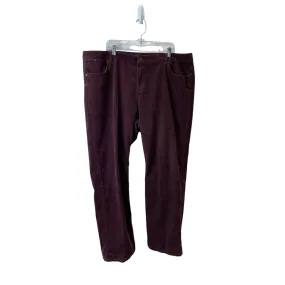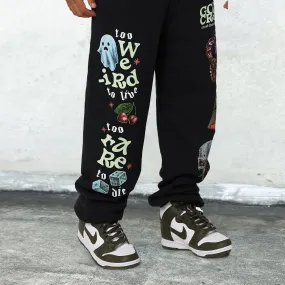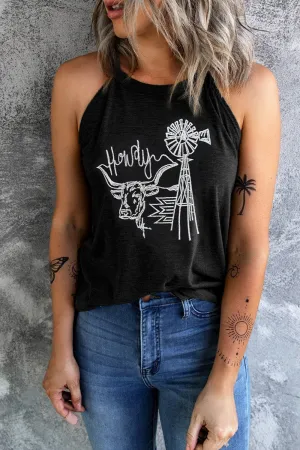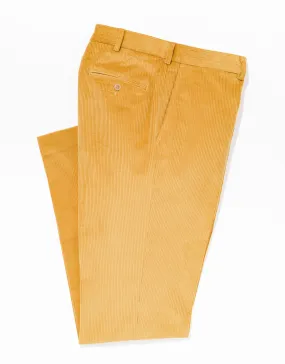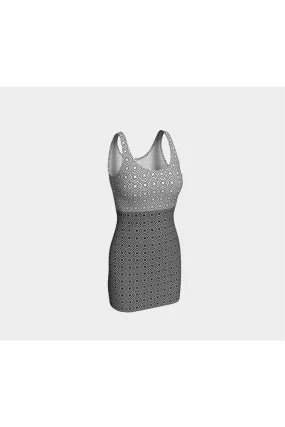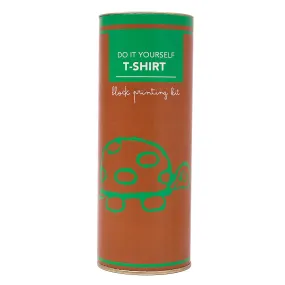Original Items: Only One Grouping Available. This is a USGI veteran bring back grouping is 100% authentic (no reproductions) and consists of the following items:
- Original German Early WWII Luftwaffe Air Gunner Badge (Without Lightning Bolts) by Wilhelm Deumer. Manufactured without lightning bolts in silvered tombac; the obverse consisting of an oak and laurel wreath with a mobile swas at the base, with an eagle superimposed on the badge; the reverse plain, with a vertical pin, a barrel hinge, and a flat wire catch; marked “W.Deumer, Lüdenscheid” on the reverse. Offered in better than fine condition. These badges in Tombac by same maker in worse condition have sold for well over $1000 on other sites!
- Original German WWII Panzer Assault Tank Badge Silver Class by Hermann Aurich. The Panzer Badge (German: Panzerkampfabzeichen) was a World War II German military decoration awarded troops in armored divisions. The Panzer Badge was introduced on 20 December 1939, in order to recognize the achievements of Panzer personnel who took part in armored assaults. It was designed by the Berlin firm of Wilhelm Ernst Peekhaus, and was instituted by order of Generaloberst Walther von Brauchitsch. On 6 June 1940, a separate class of the badge, in Bronze, was added in order to recognize the crews of armored vehicles other than tanks. The award document that came with it was the common type that had the particulars of the recipient (rank, name) and the authorizing signature of an officer. The Panzer Badge was worn on the left tunic pocket. The award criteria was as follows,
To have taken part in three armored assaults in three different days.
To have been wounded in the course of an assault.
To have earned a bravery decoration in the course of an assault.
The Silver class was presented to tank commanders, gunners or radio operators while the bronze class was presented to the Panzer-Grenadier regiments, tank assault crew, armored recon units, and medical personnel who went into battle in armored vehicles. The award was authorized through the Panzer Division commander.
This fine example in Silver grade is flat back and constructed of oval shaped bronzed zink, the obverse with a border of oak leaves tied at the base, a Heer-style national eagle clutching a mobile swas perches at the top of the wreath, a Panzerkampfwagen IV superimposed in the center on grassy ground, with its left tank track extending over the edge of the badge. The reverse plain with a vertical needle style pin, a crimped plated hinge, and a crimped round wire catch with maker mark DH which represents Hermann Aurich. Measuring 1.64 inches (41.65 mm) W x 2.36 (60.06 mm) H. Offered in overall near mint condition.
- Original German WWII Infantry Assault Badge in Silver Grade with maker mark, features a flat back and good detail.
- Original German WWII Black Wound Dage with Hollow Back. The Wound Badge (German: Verwundetenabzeichen) was a military decoration first promulgated by Wilhelm II, German Emperor on 3 March 1918, which was awarded to wounded or frostbitten soldiers of the Imperial German Army, during World War I. Between the world wars, it was awarded to members of the German armed forces who fought on the Nationalist side of the Spanish Civil War, 1938–39, and received combat related wounds. It was awarded to members in the Reichswehr, the Wehrmacht, SS and the auxiliary service organizations during the Second World War. After March 1943, due to the increasing number of Allied bombings, it was also awarded to wounded civilians in air raids. It was awarded when the wound was the result of enemy hostile action, with an exception being for frostbite.
The badge had three classes:
Black (3rd class, representing Iron), for those wounded once or twice by hostile action (including air raids).
Silver (2nd class) for being wounded three or four times.
Gold (1st class, which could be awarded posthumously) for five or more times wounded.
- Original German War Merit Cross 1st Class with Maker Mark on Clasp. The War Merit Cross (Kriegsverdienstkreuz) was a decoration of NSDAP Germany during the Second World War, which could be awarded to military personnel and civilians alike. By the end of the war it was issued in four degrees, and had a related civil decoration. It was created by Adolf AH in October 1939 as a successor to the non-combatant Iron Cross which was used in earlier wars. The award was graded the same as the Iron Cross: War Merit Cross Second Class, War Merit Cross First Class, and Knights Cross of the War Merit Cross. The award had two variants: with swords given to soldiers for exceptional service "not in direct connection with combat", and without swords for meritorious service to civilians in "furtherance of the war effort". As with the Iron Cross, Recipients had to have the lower grade of the award before getting the next level.
All five medals are contained in a custom wood case with glass top and velvet lined pad. This was put together by a WWII USGI Veteran and purchased directly from his family.




